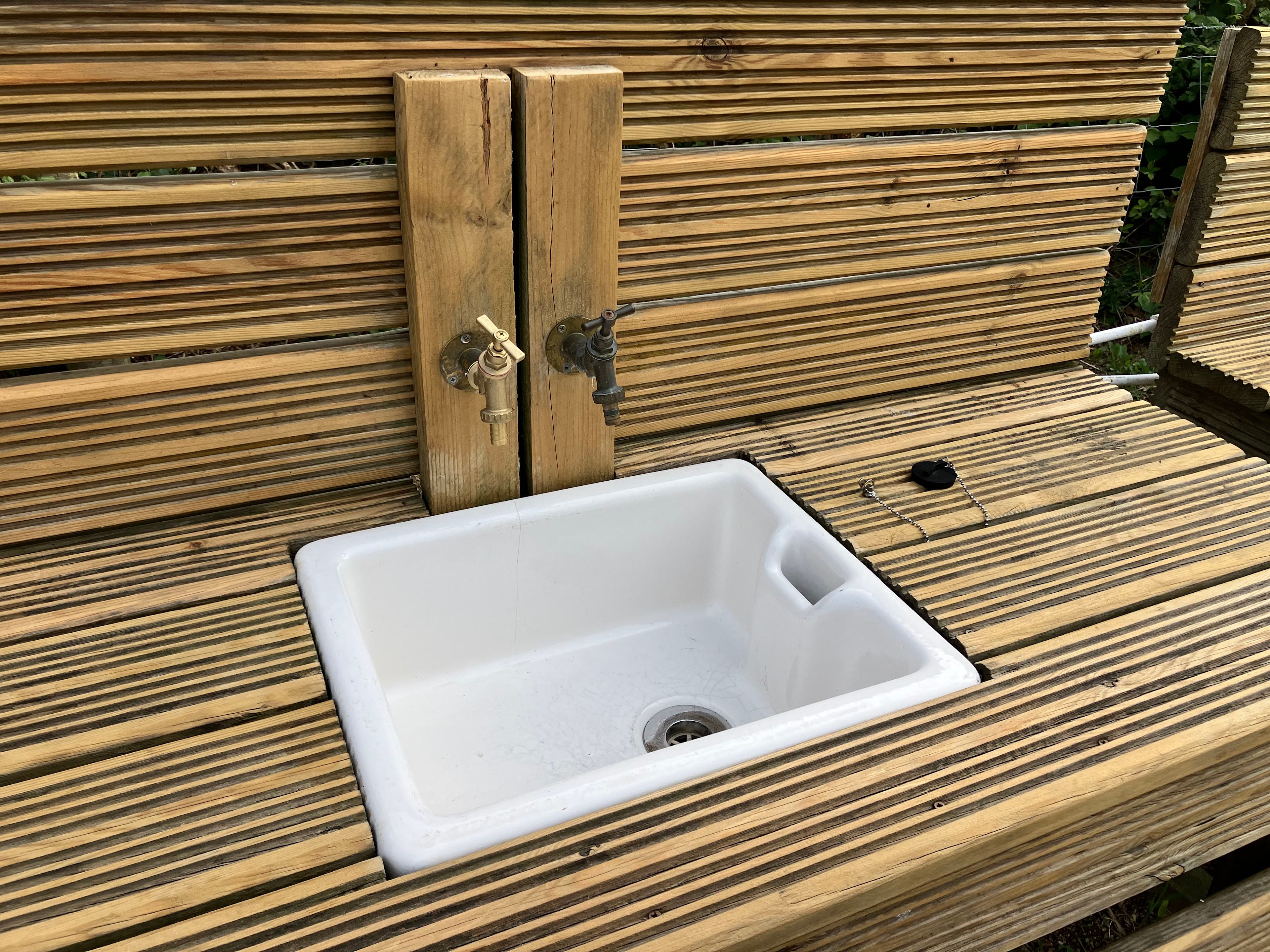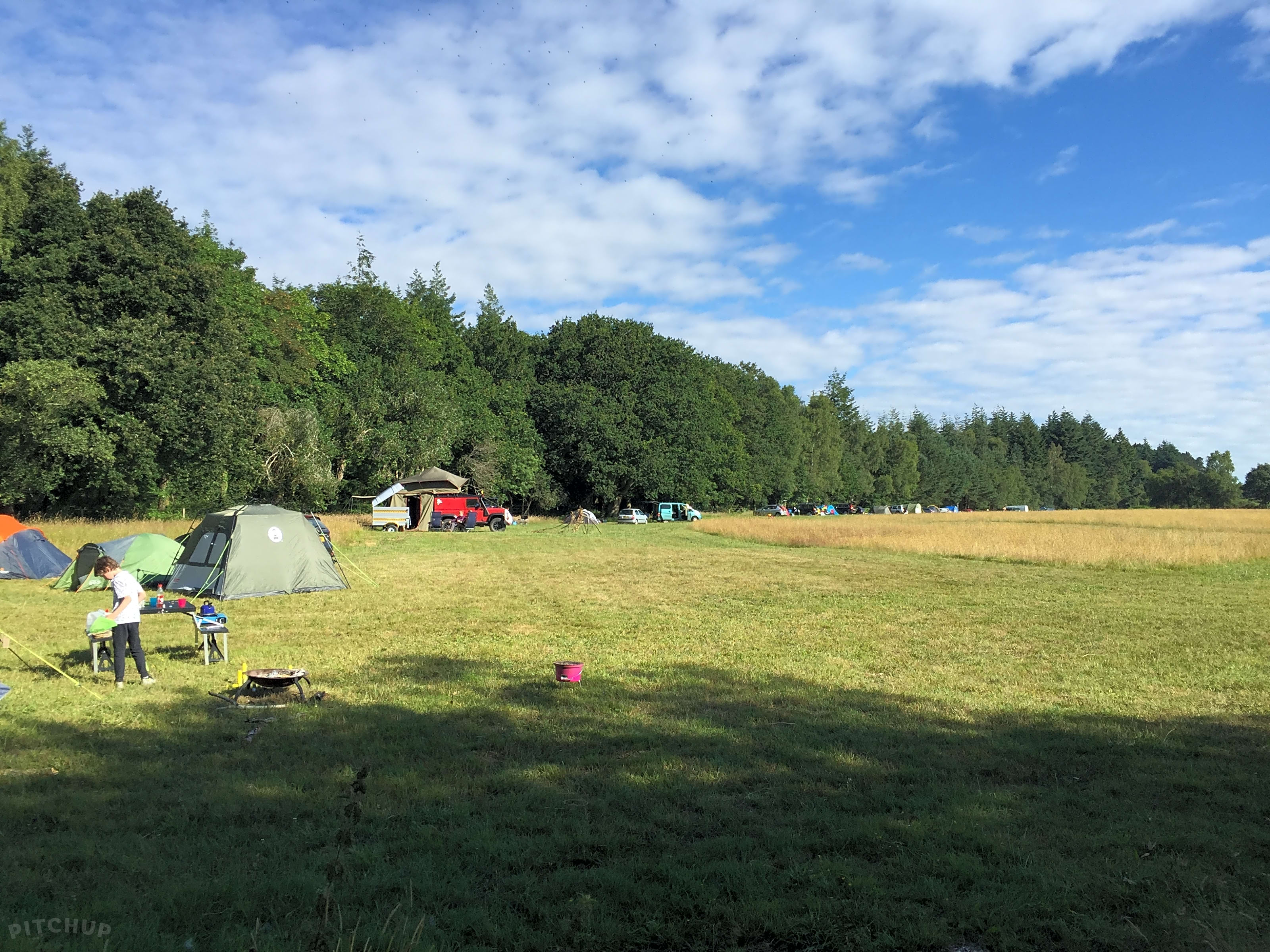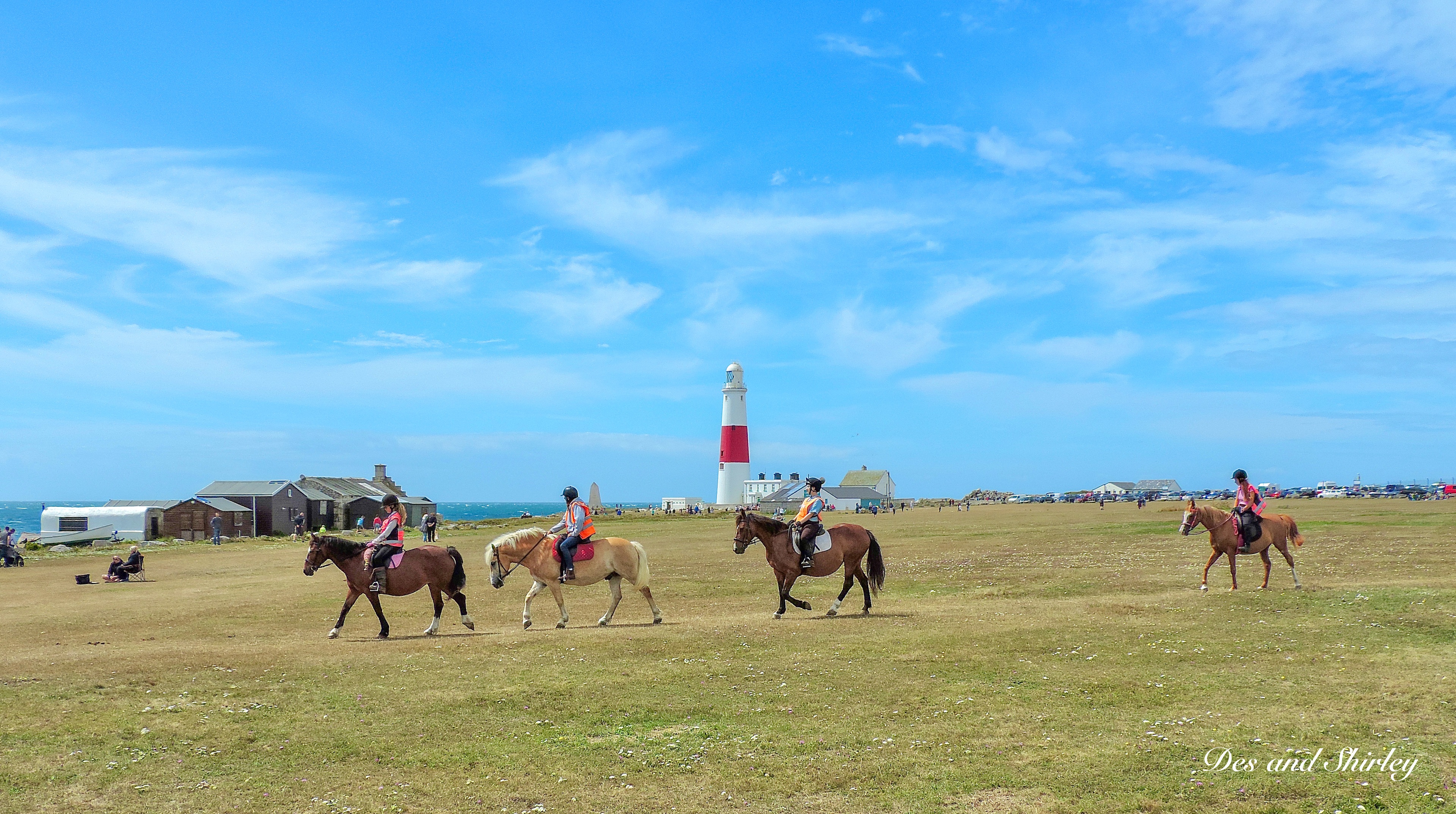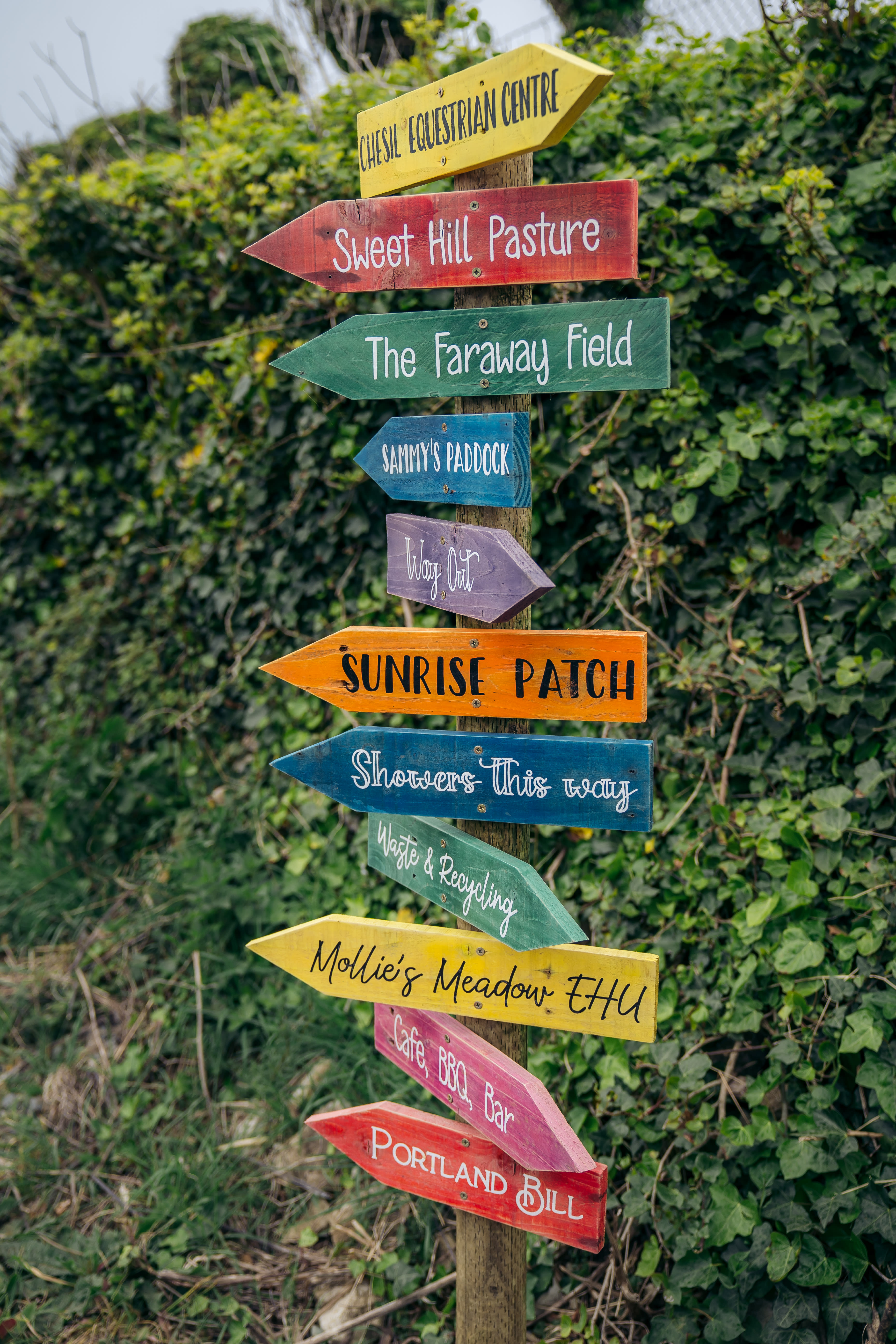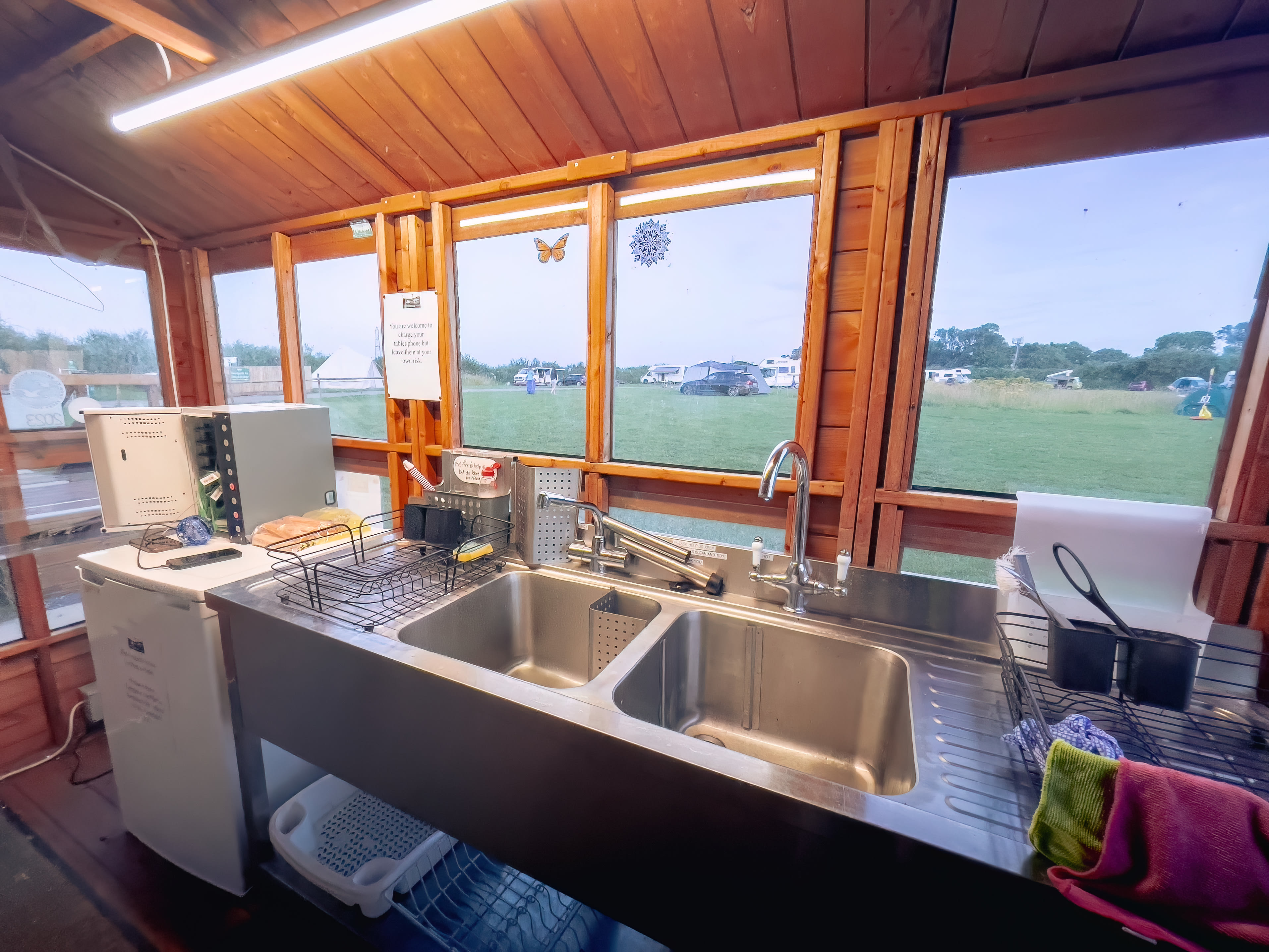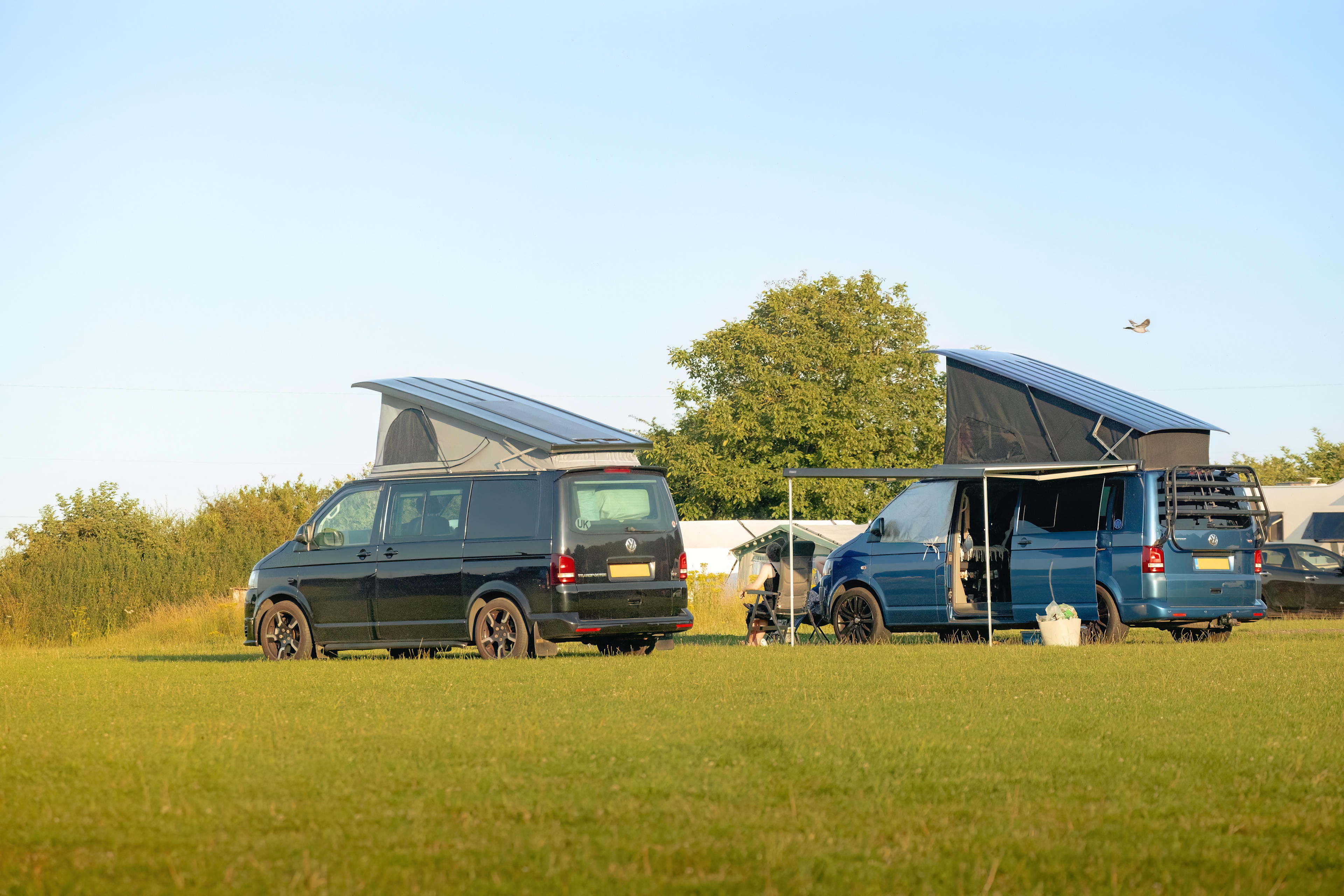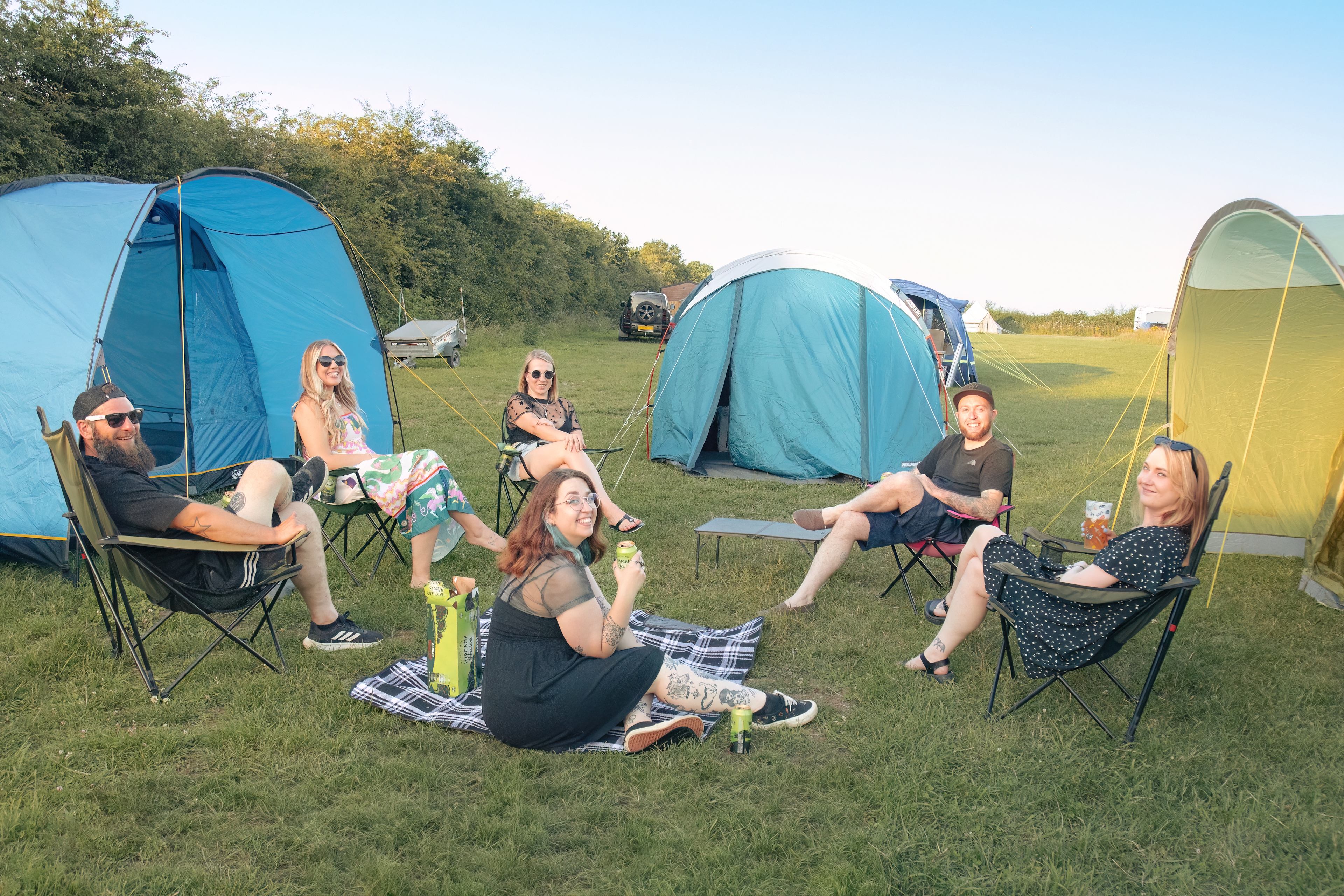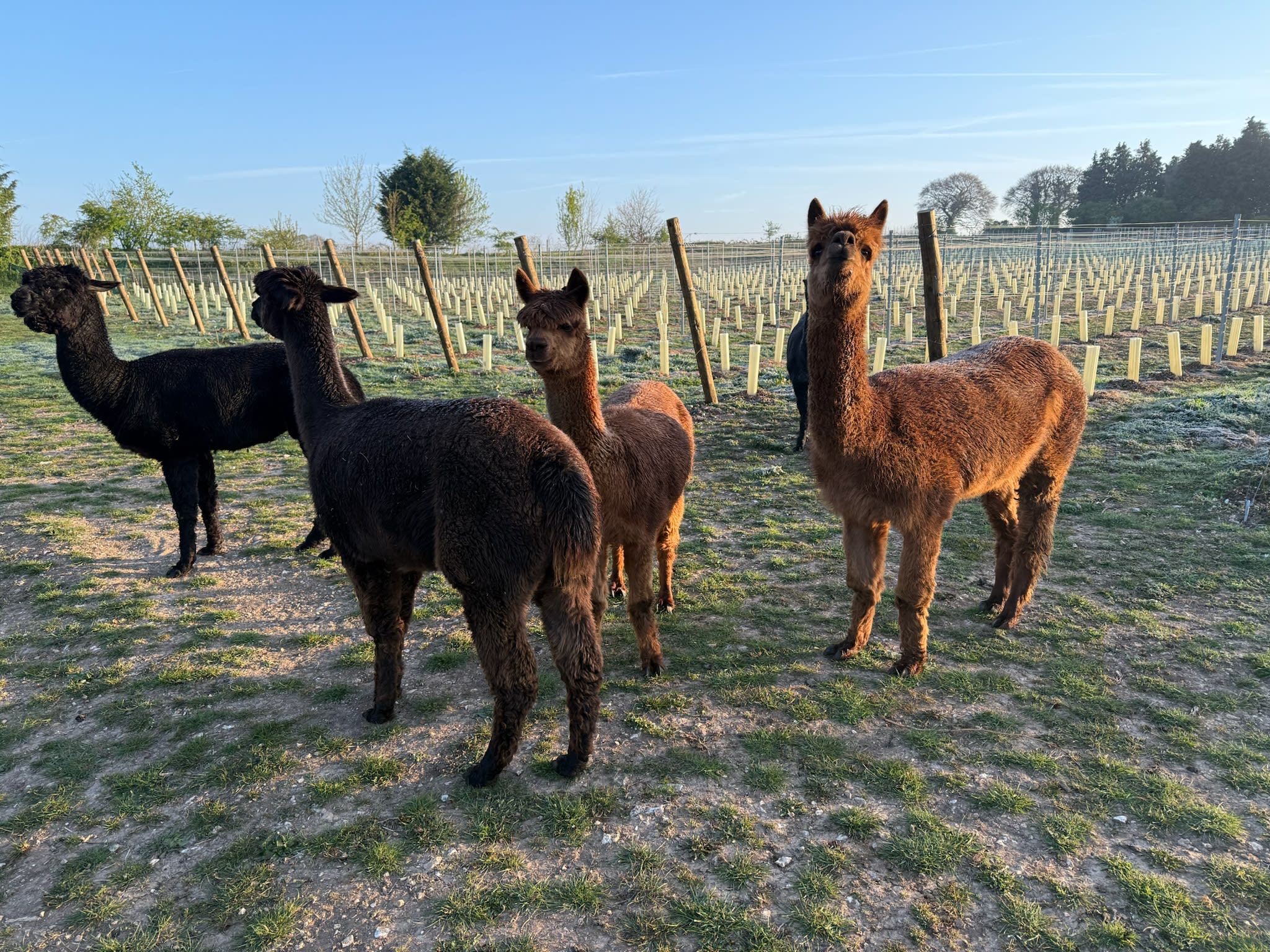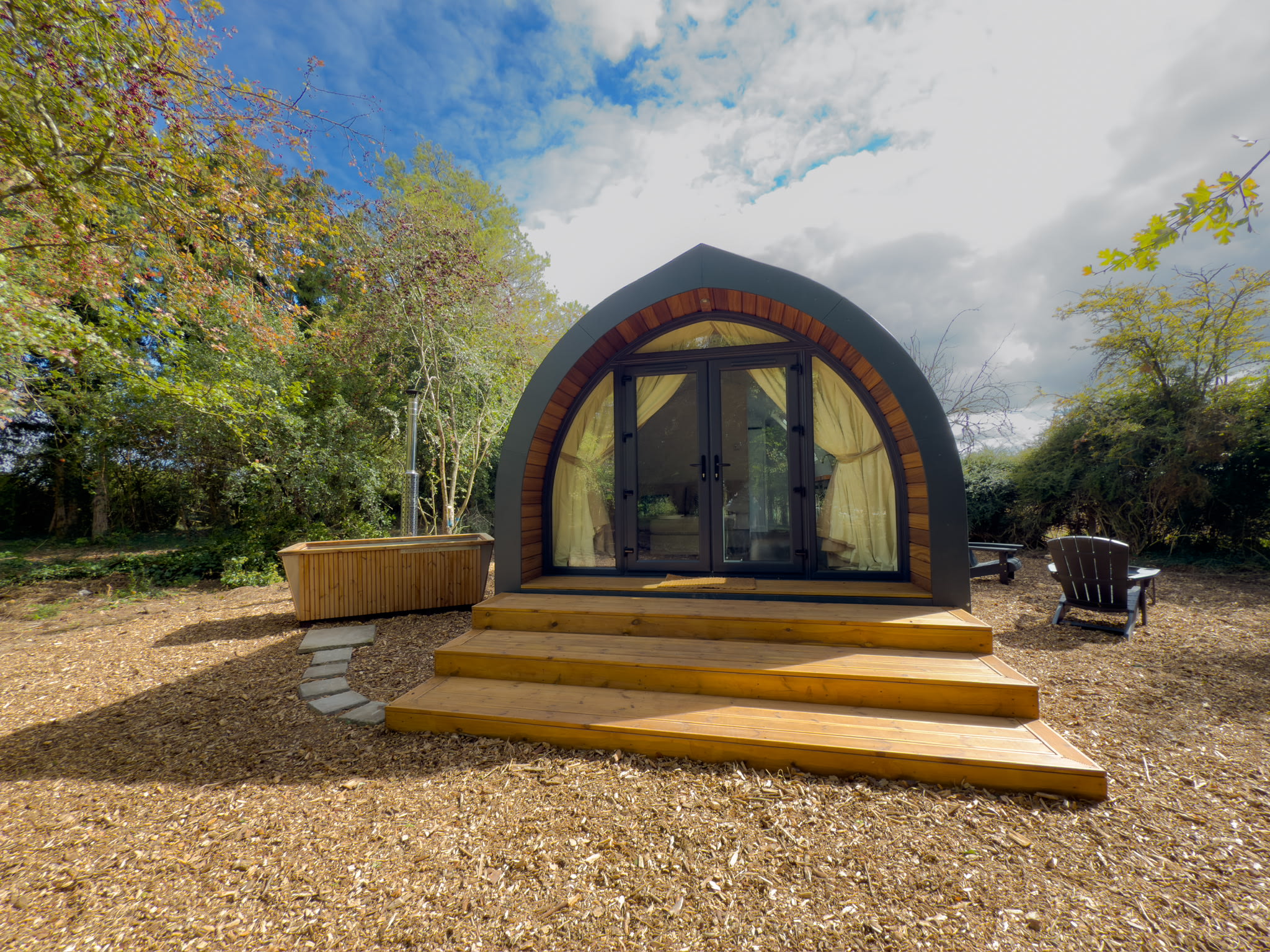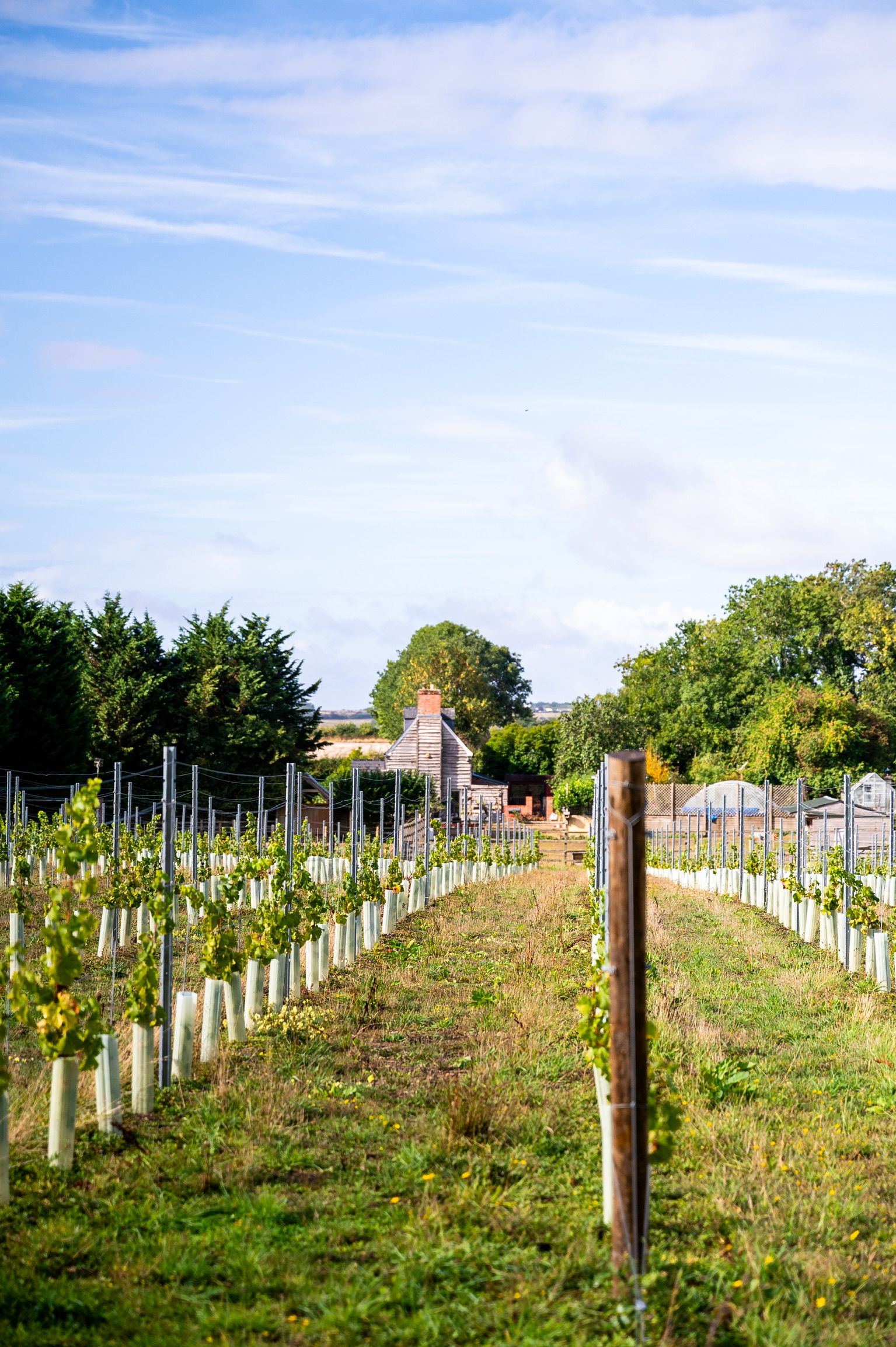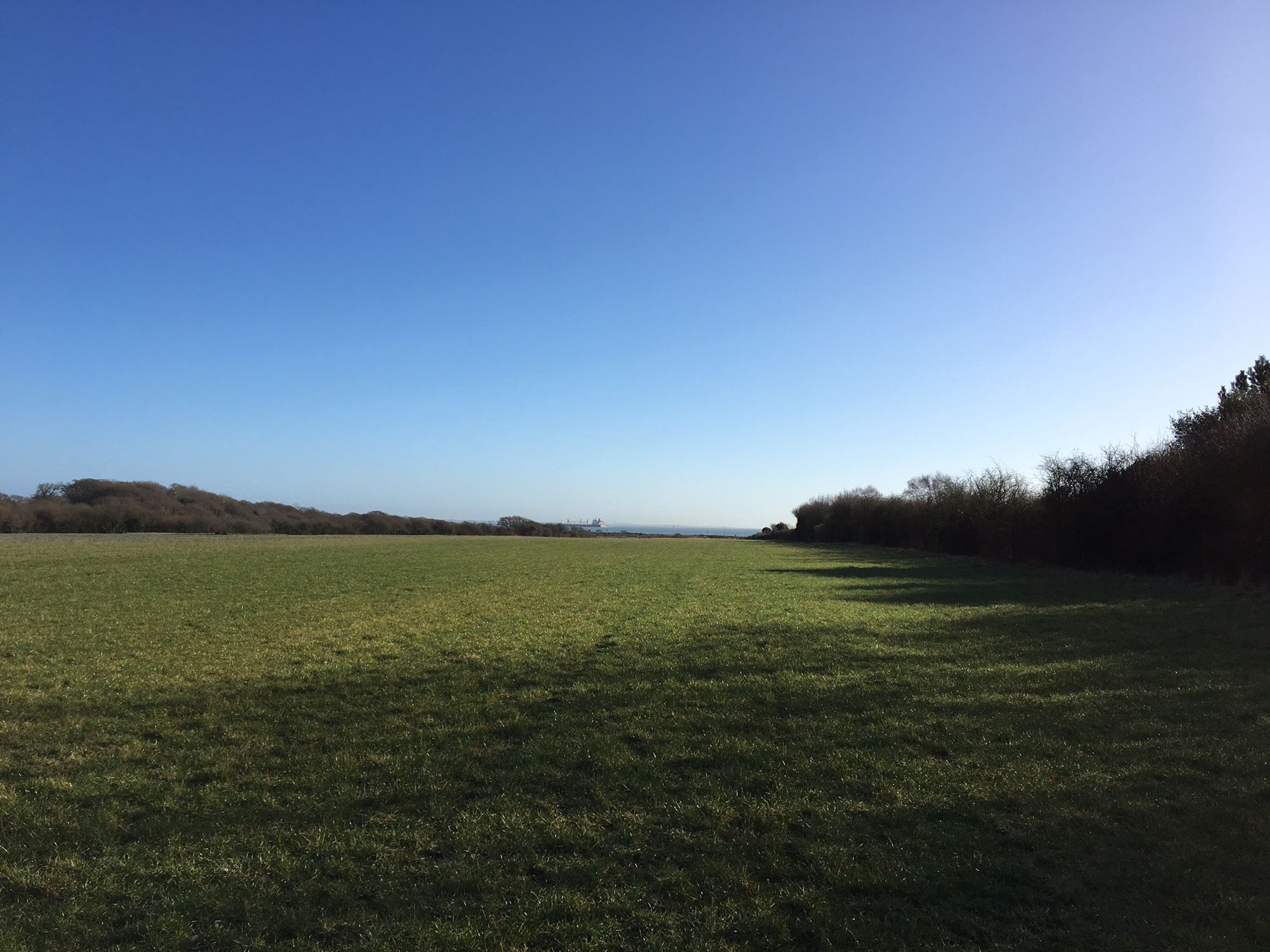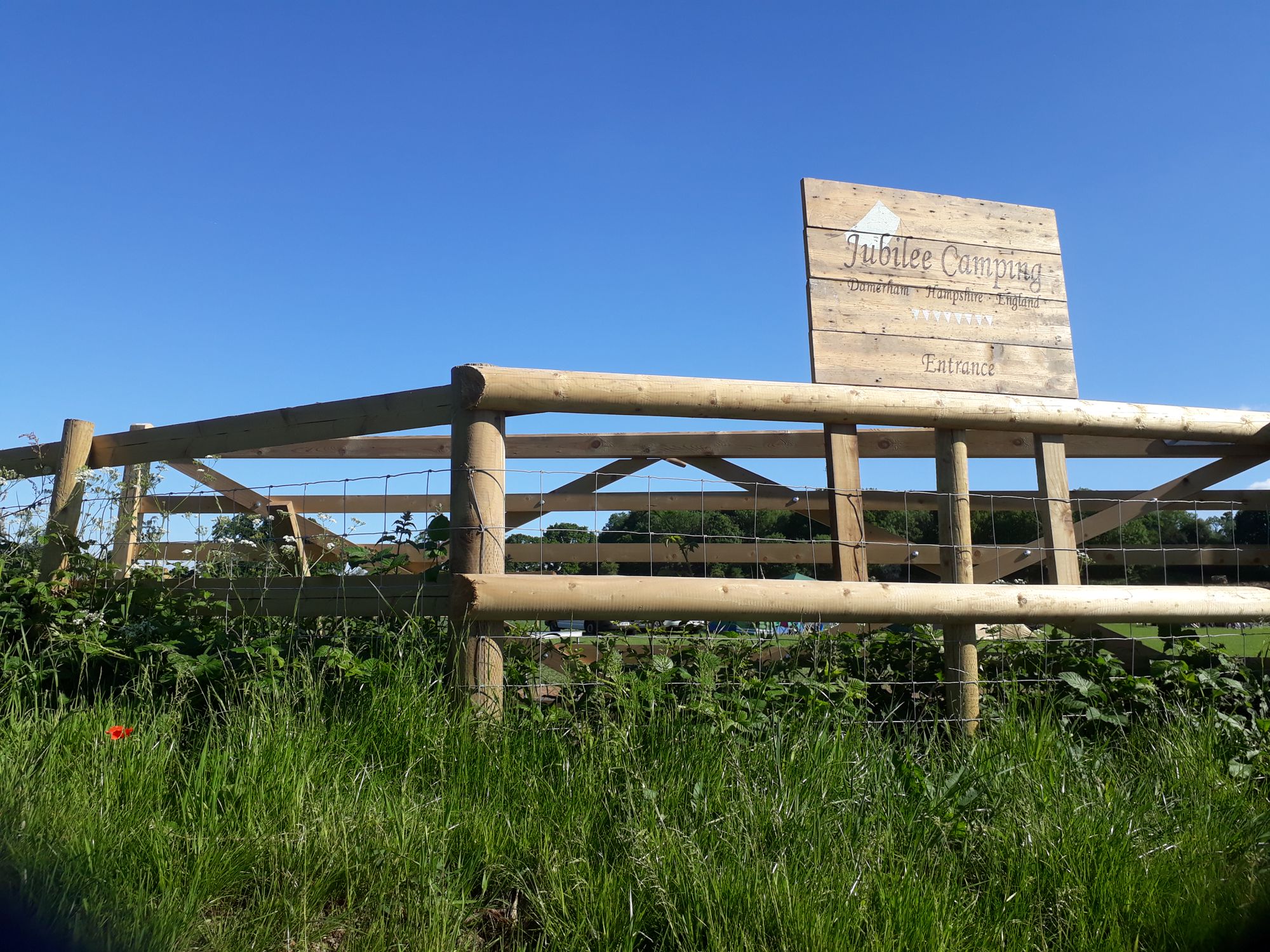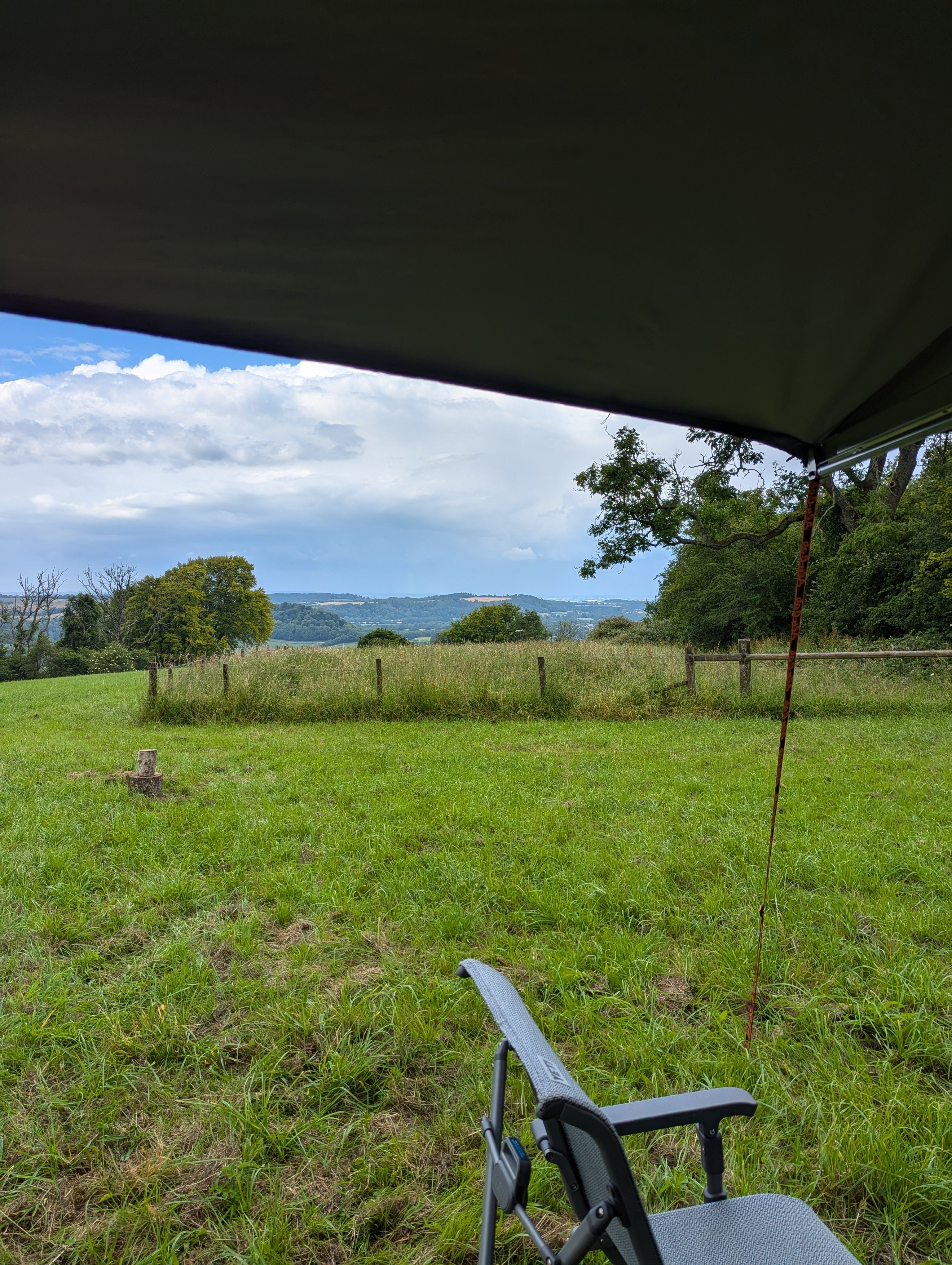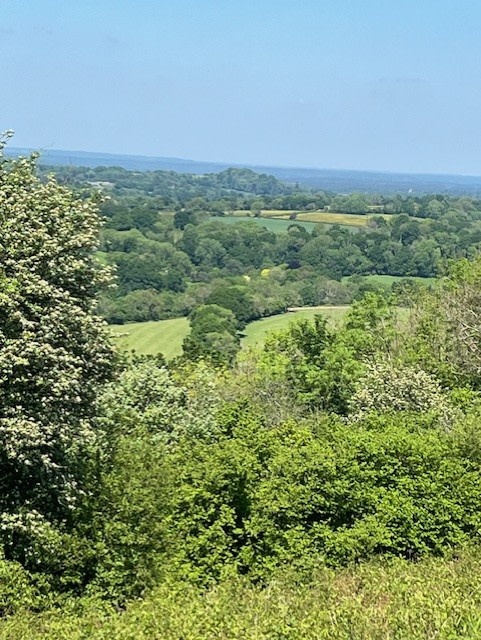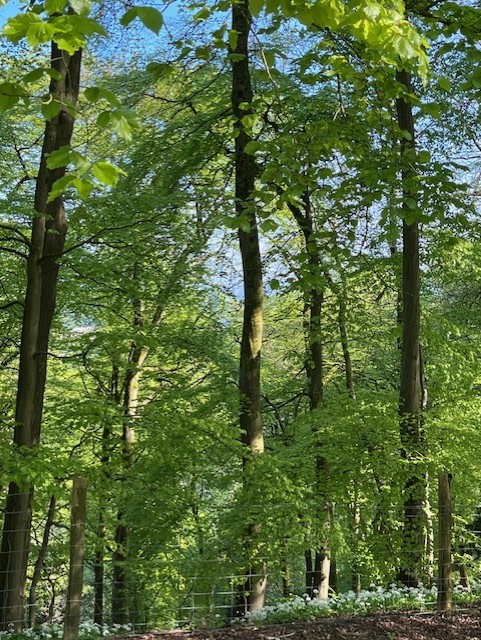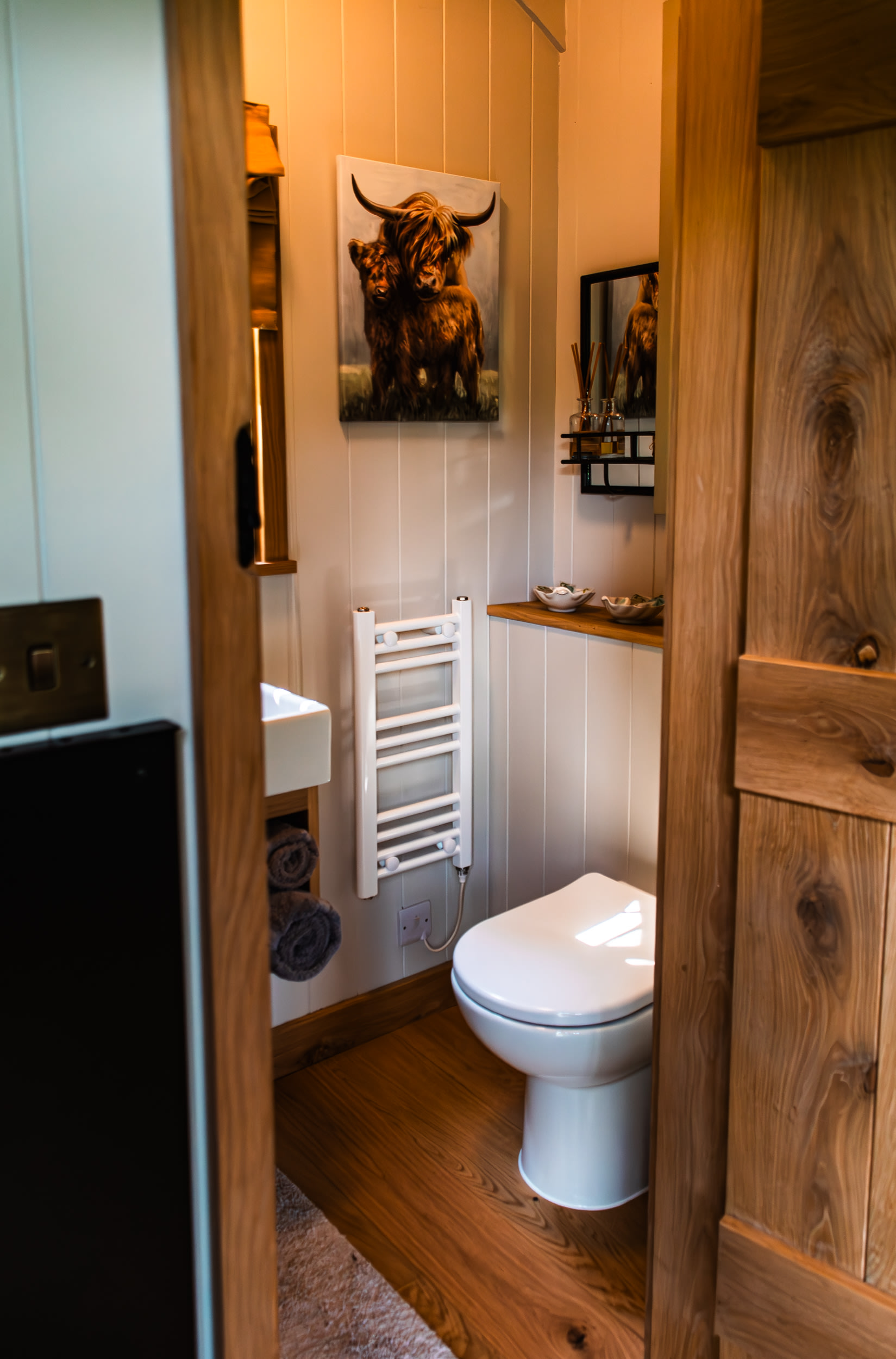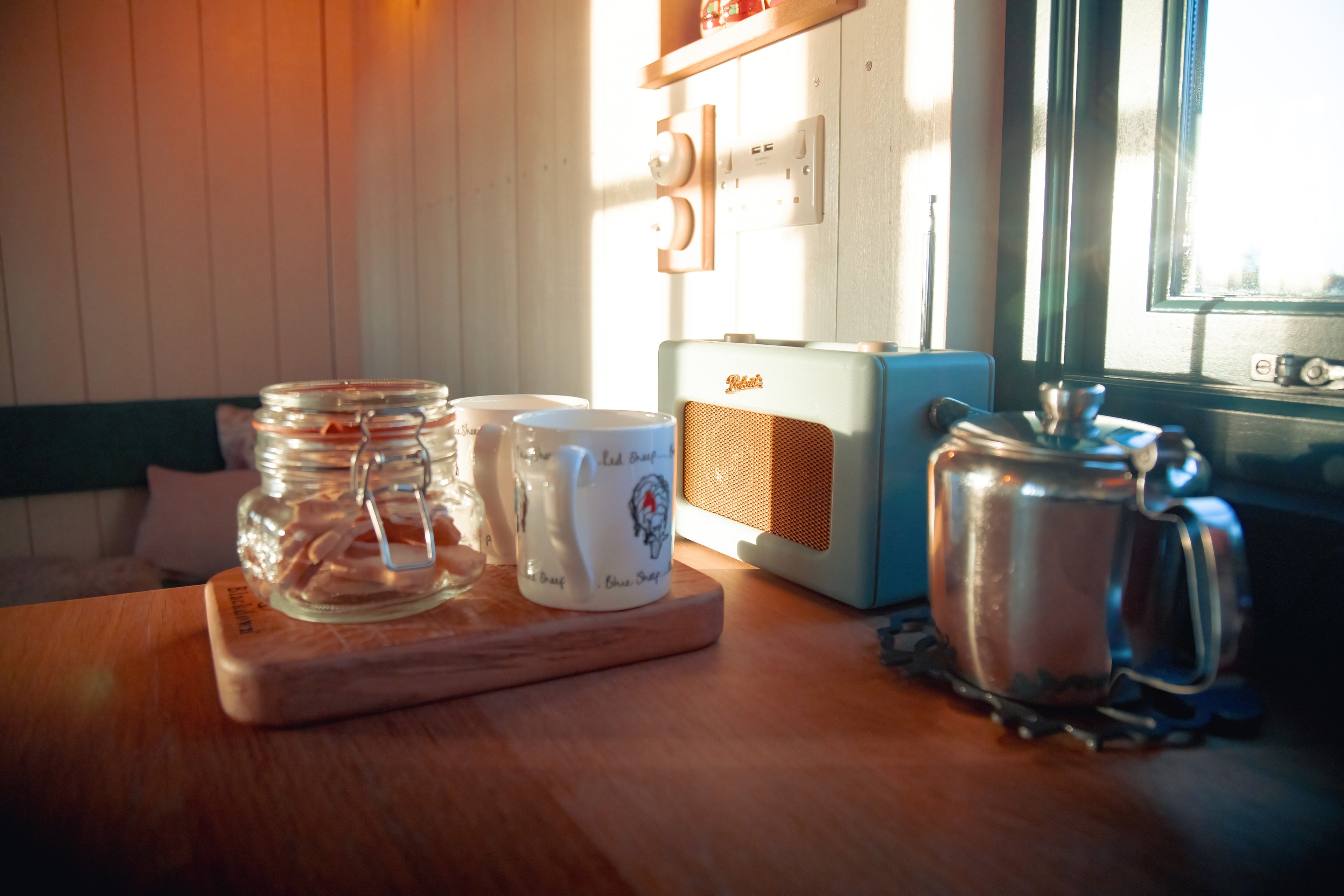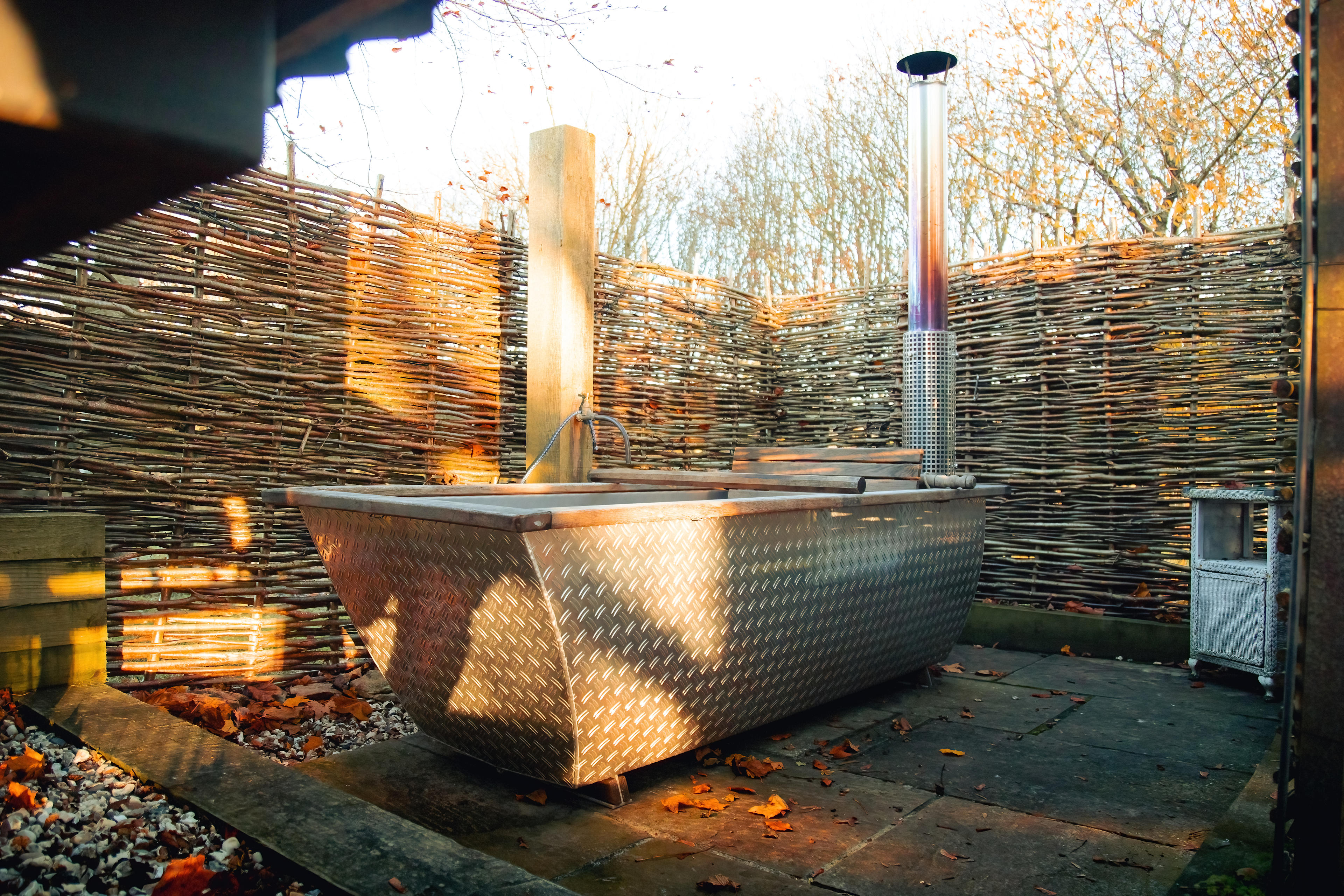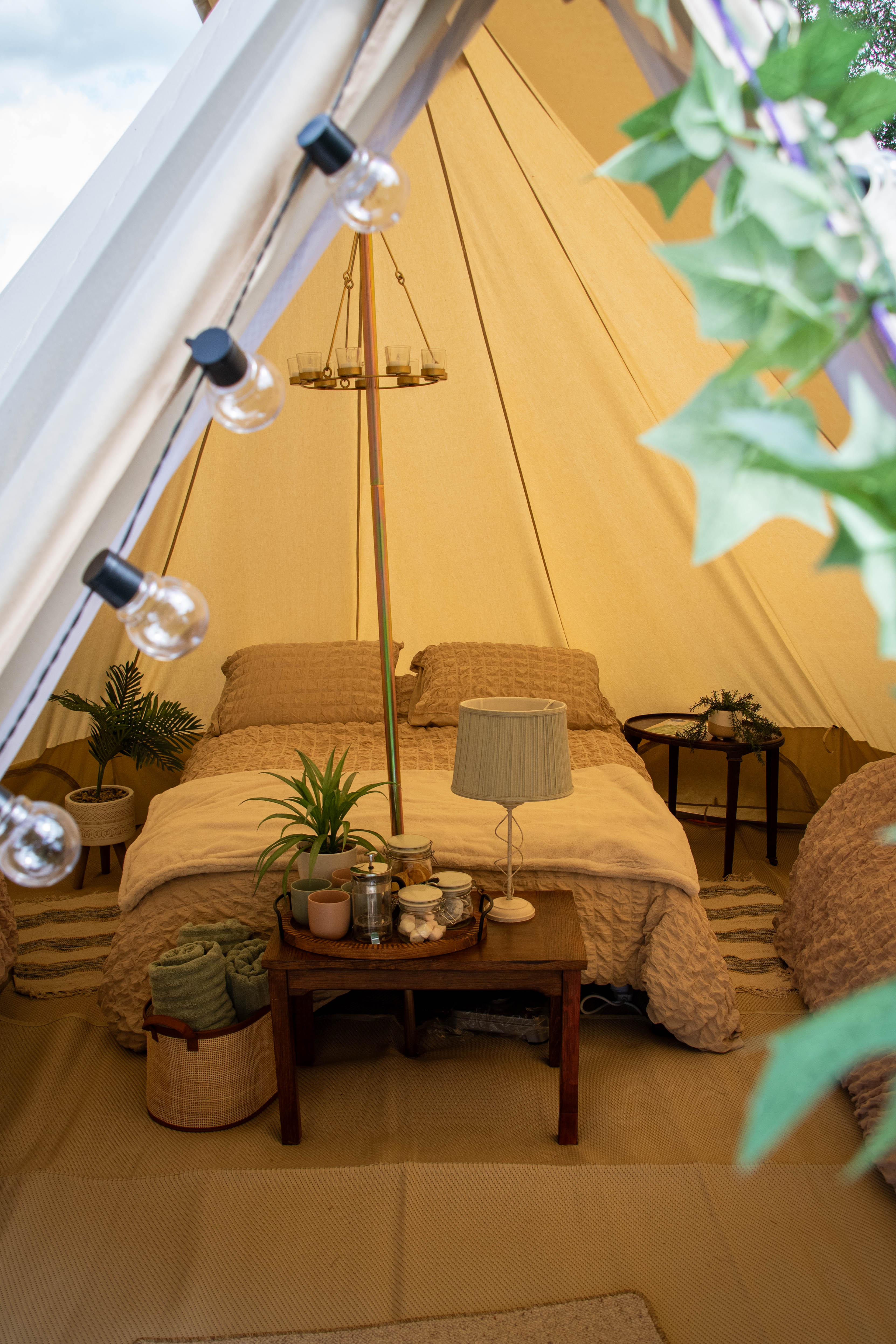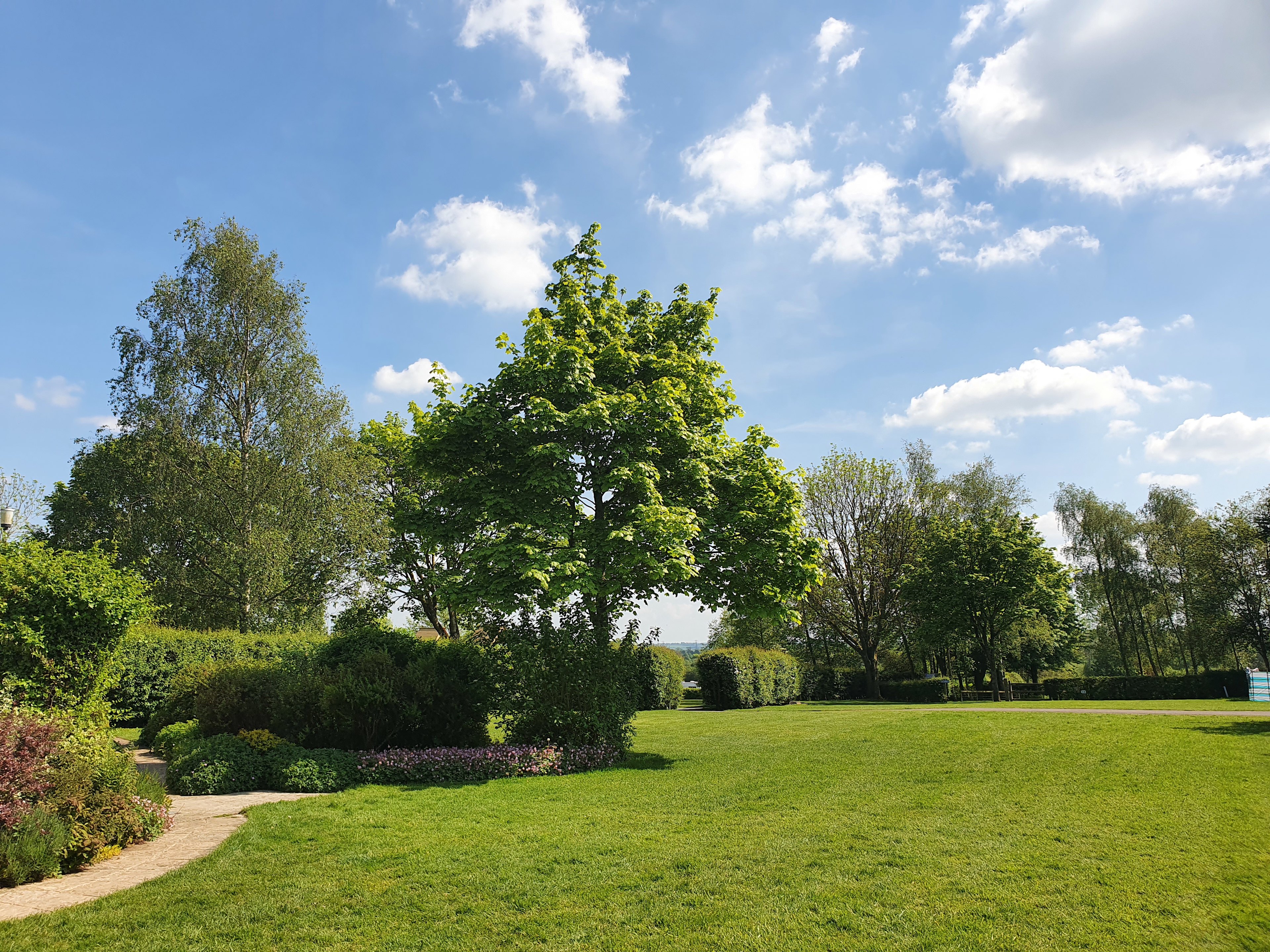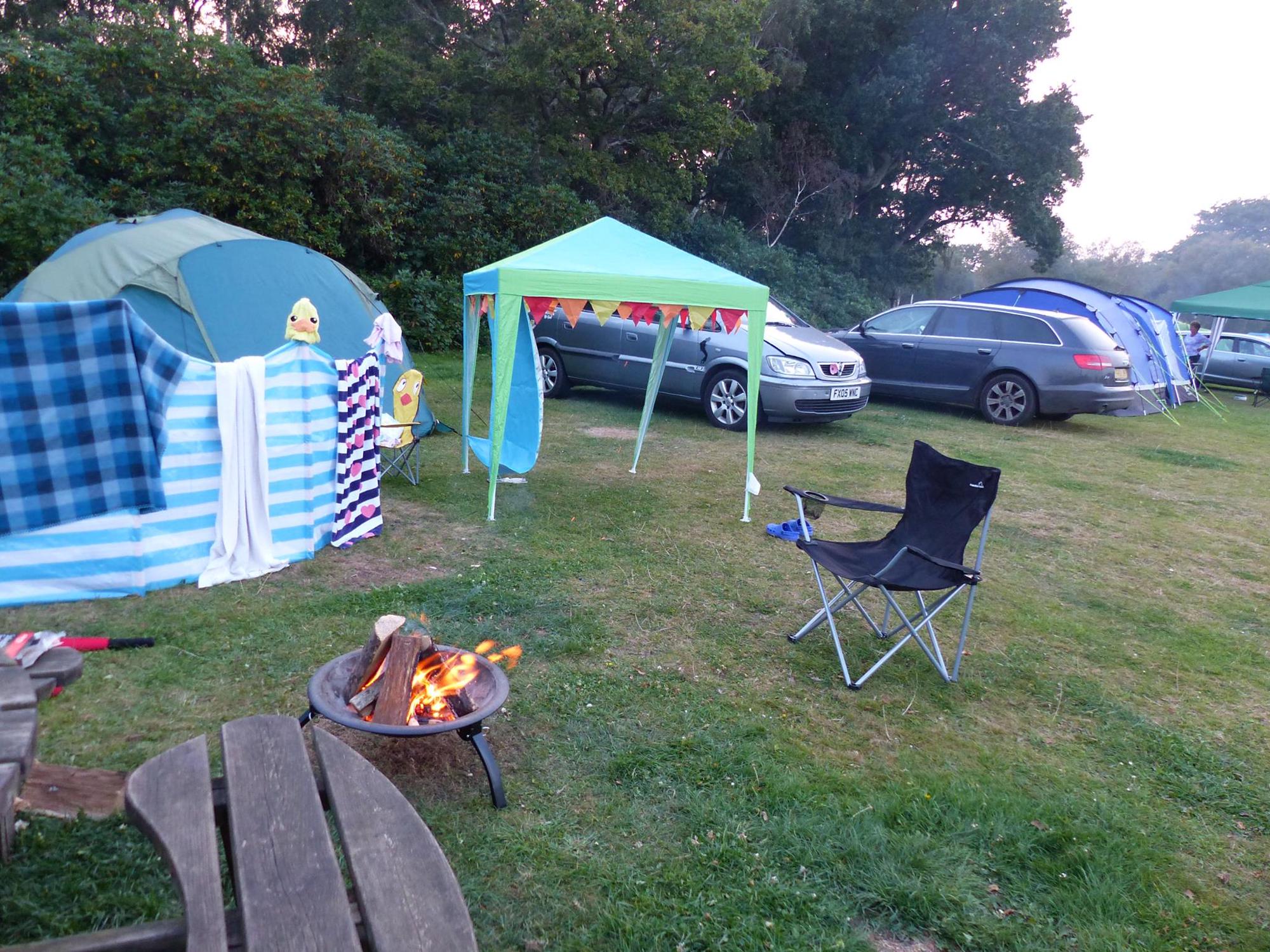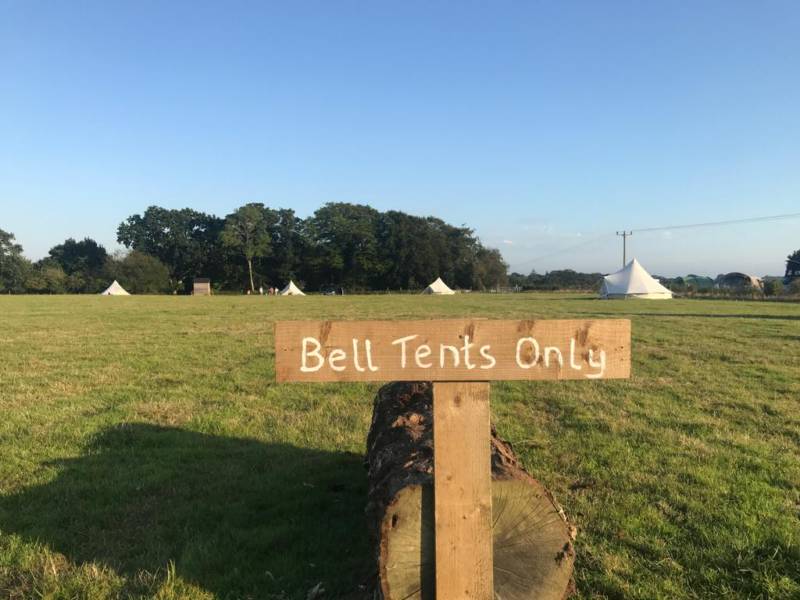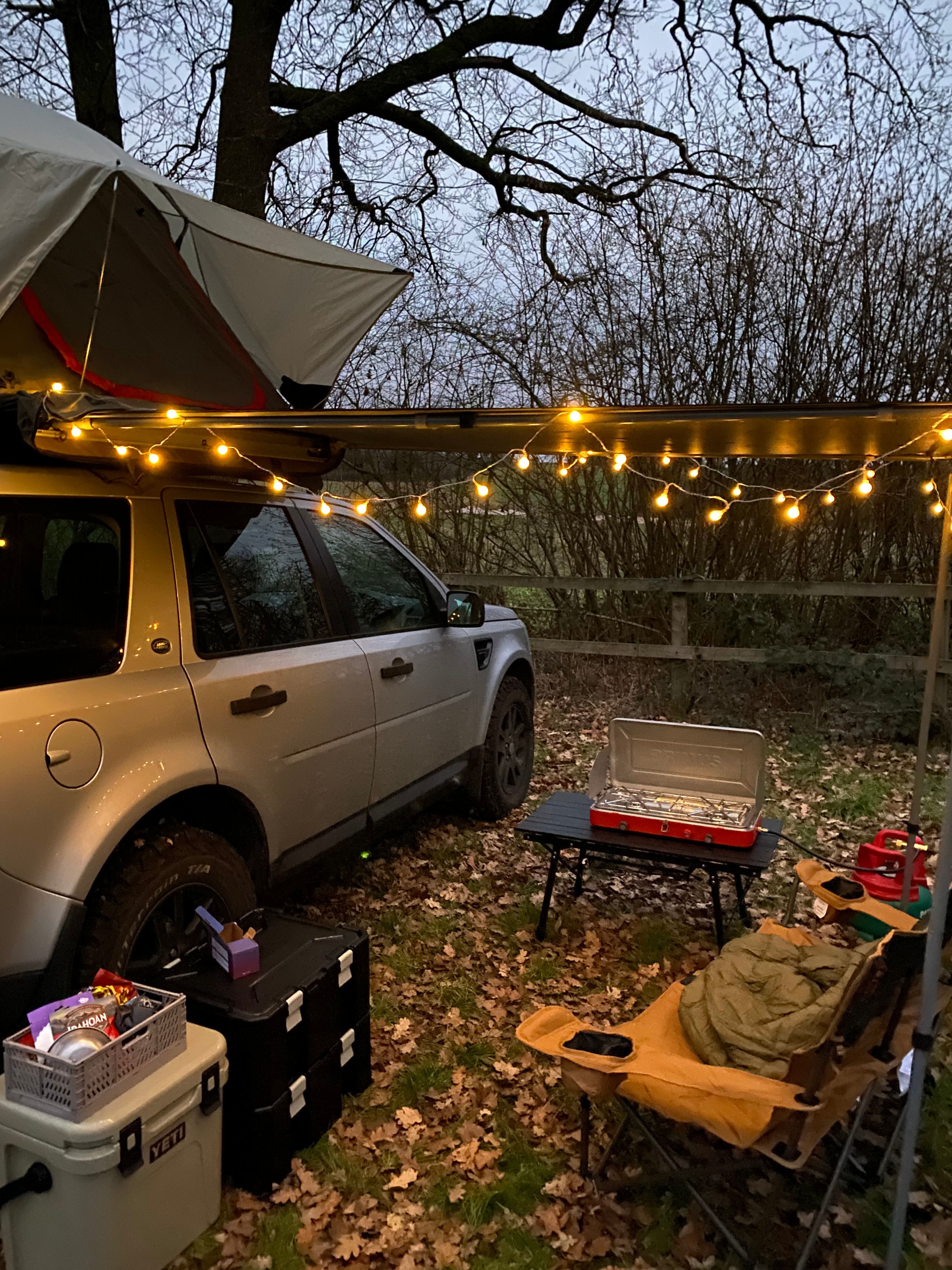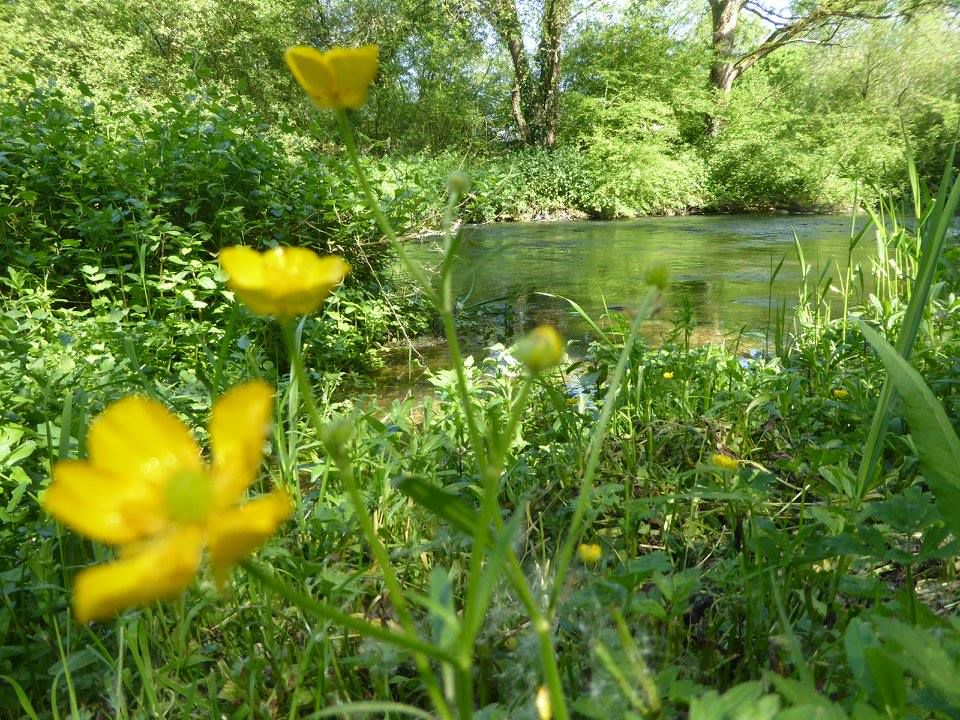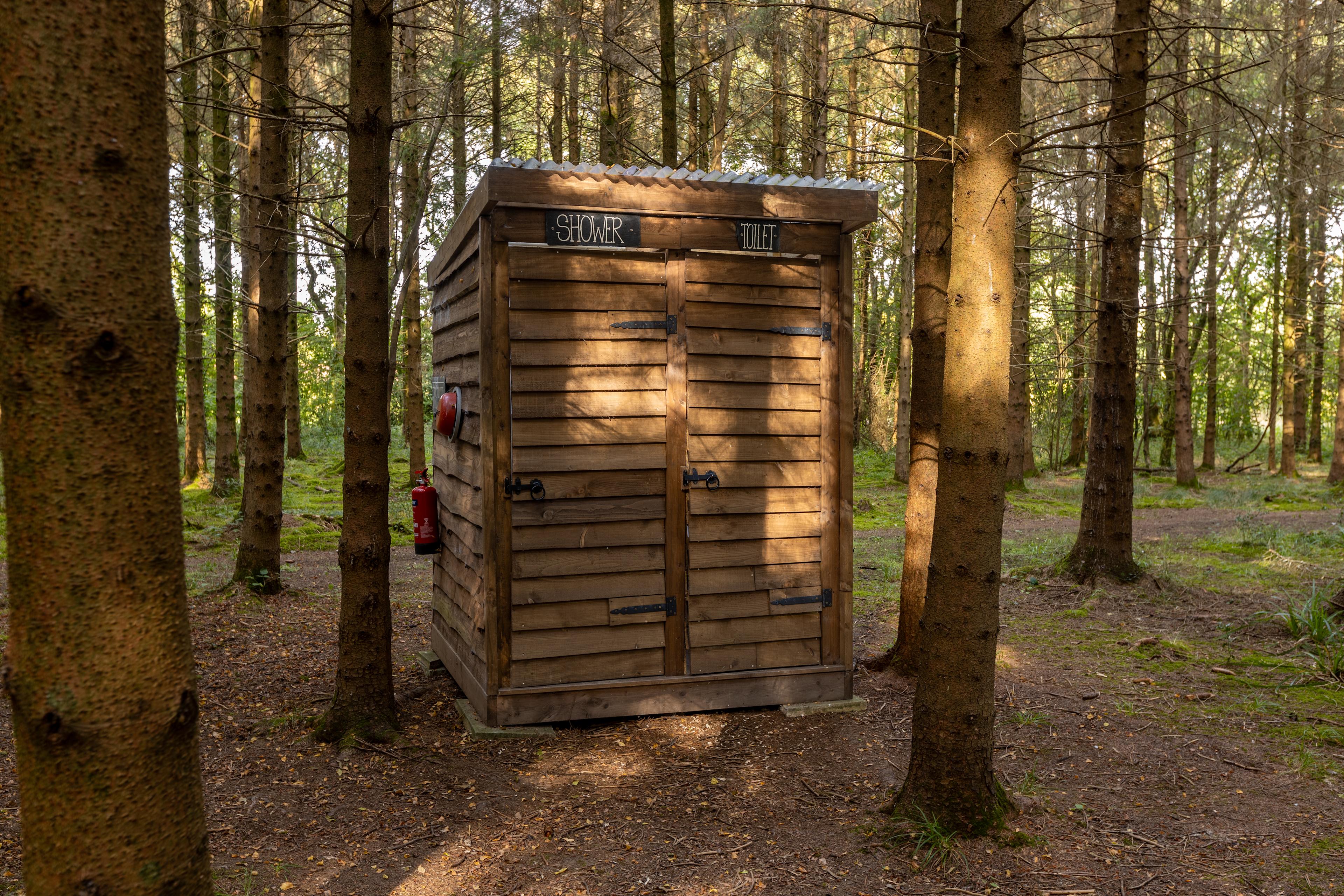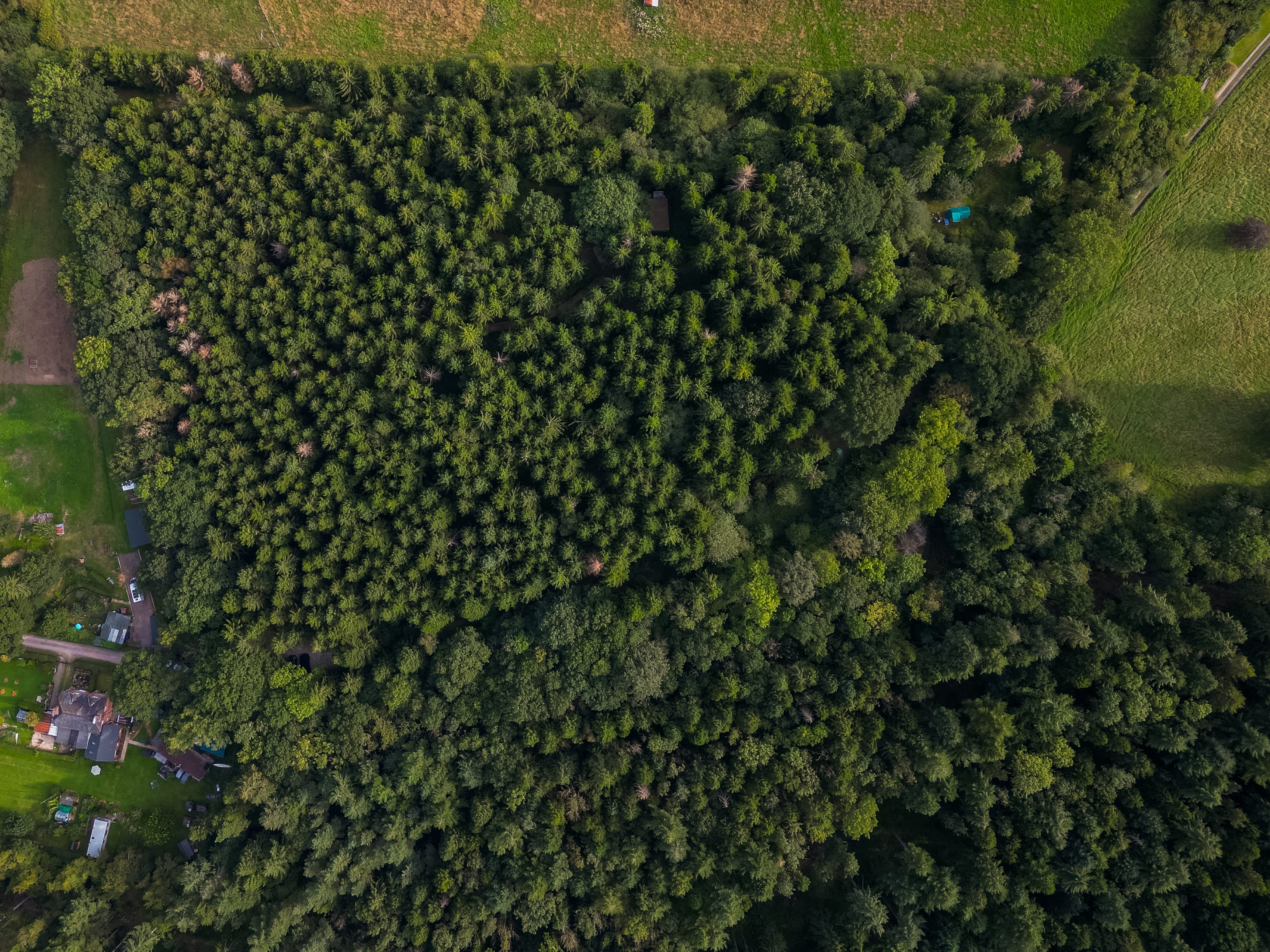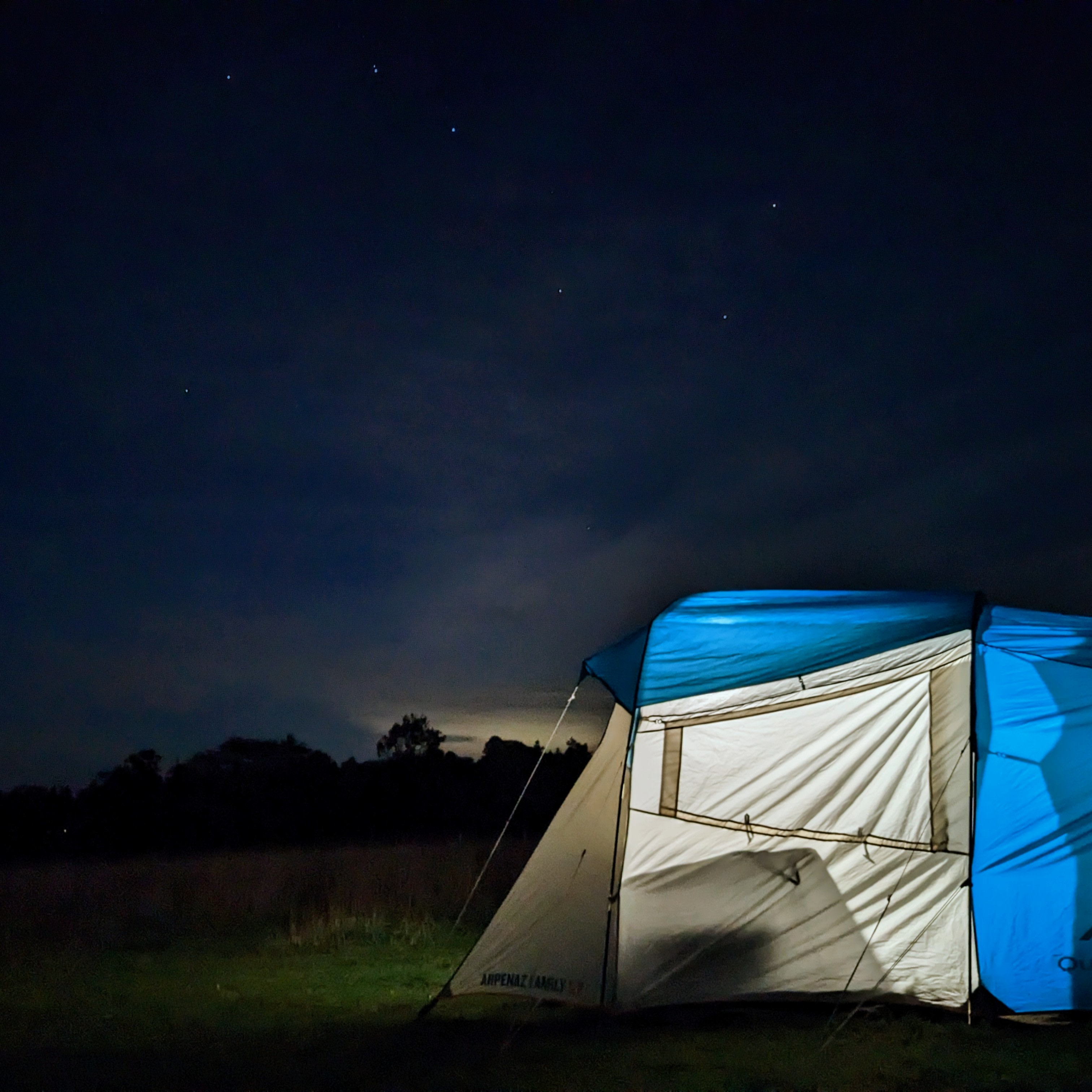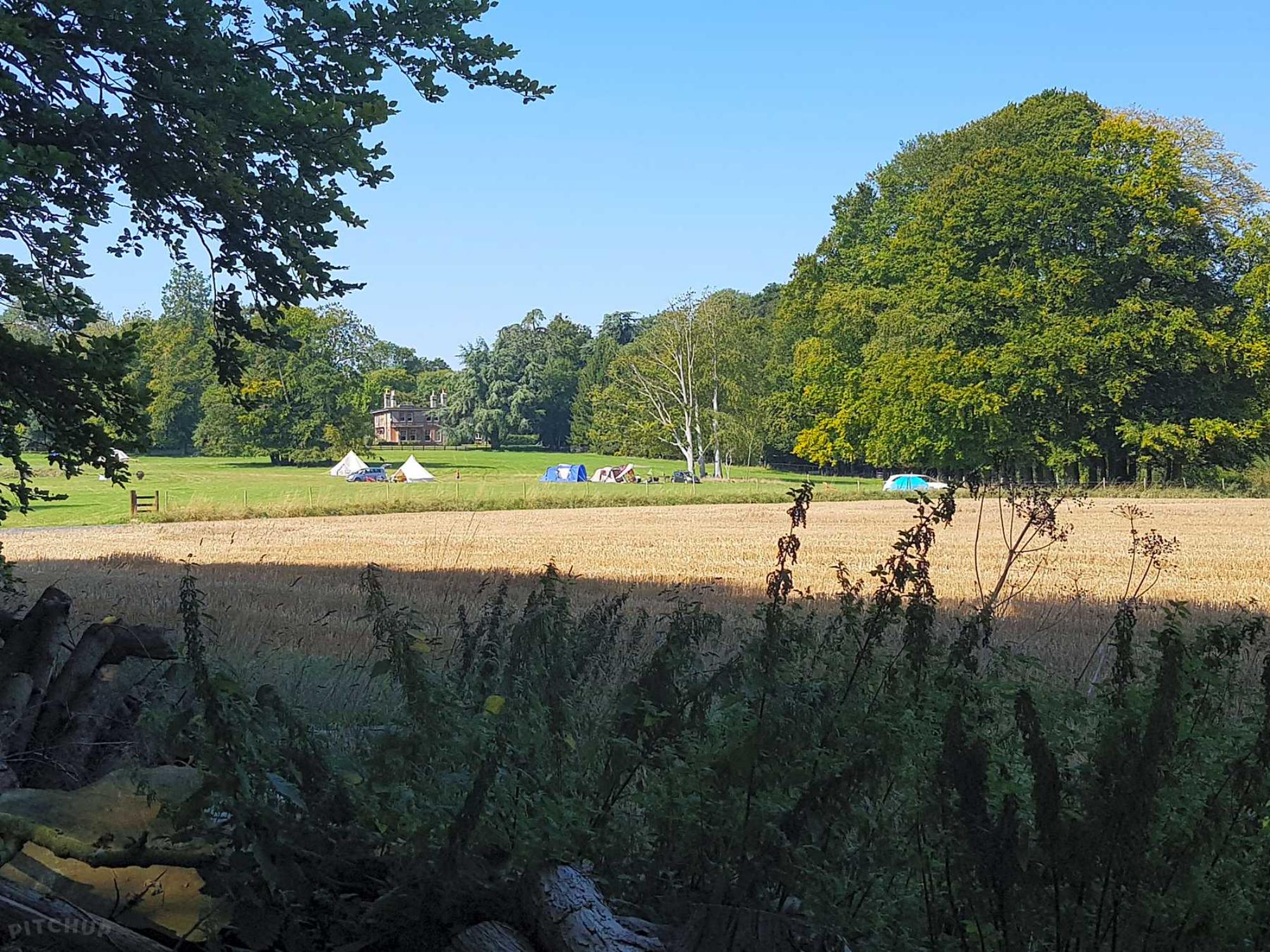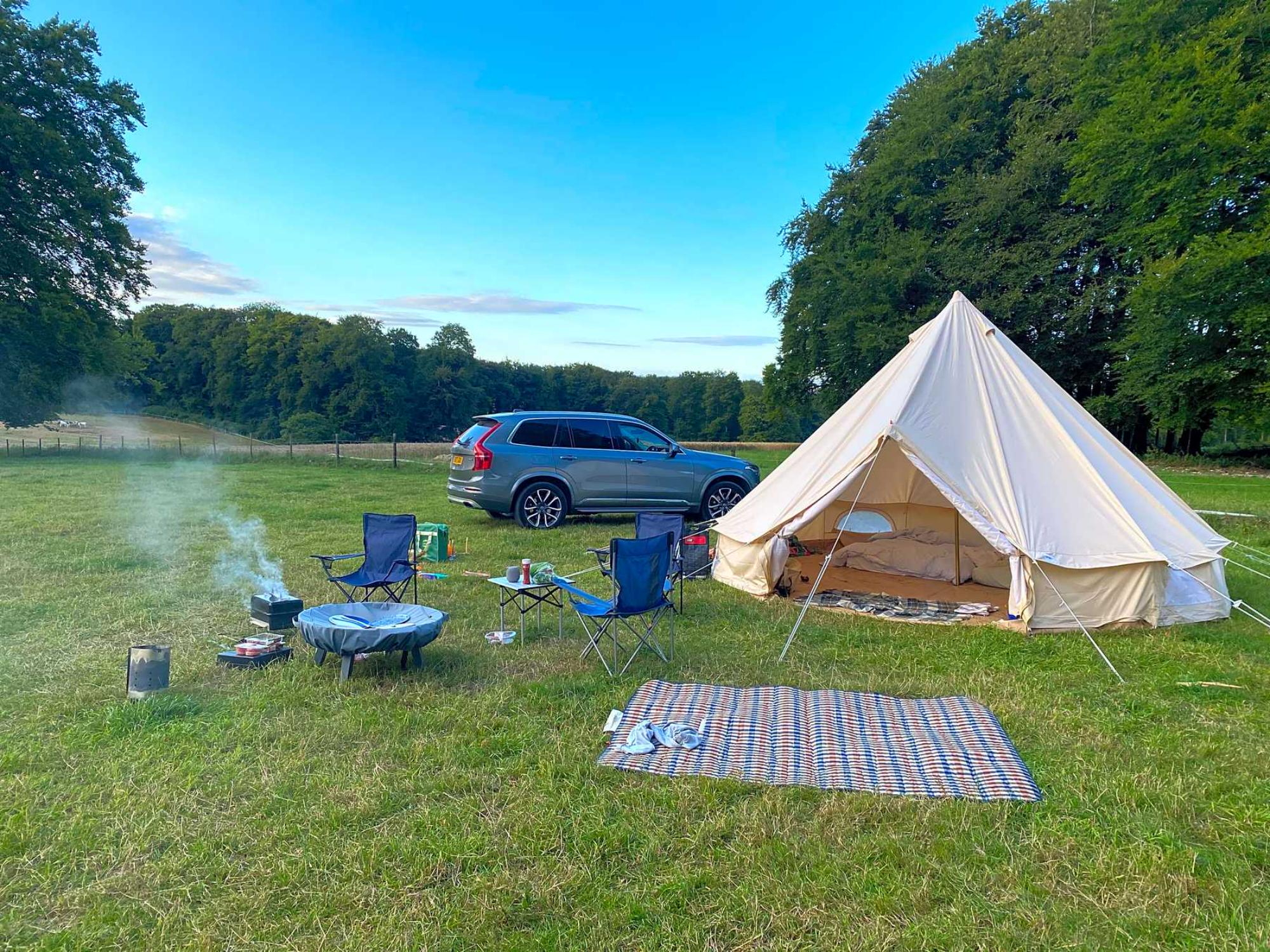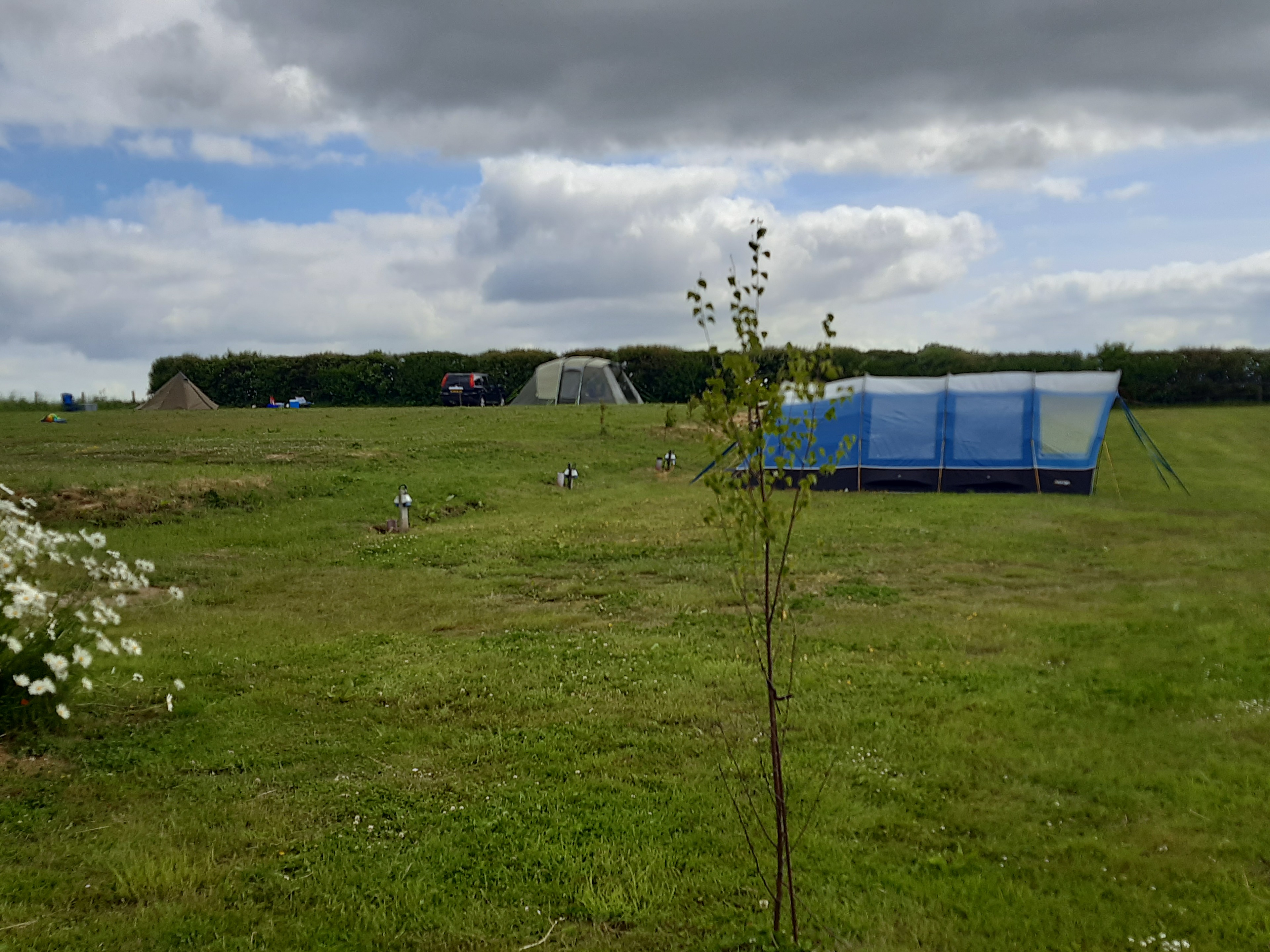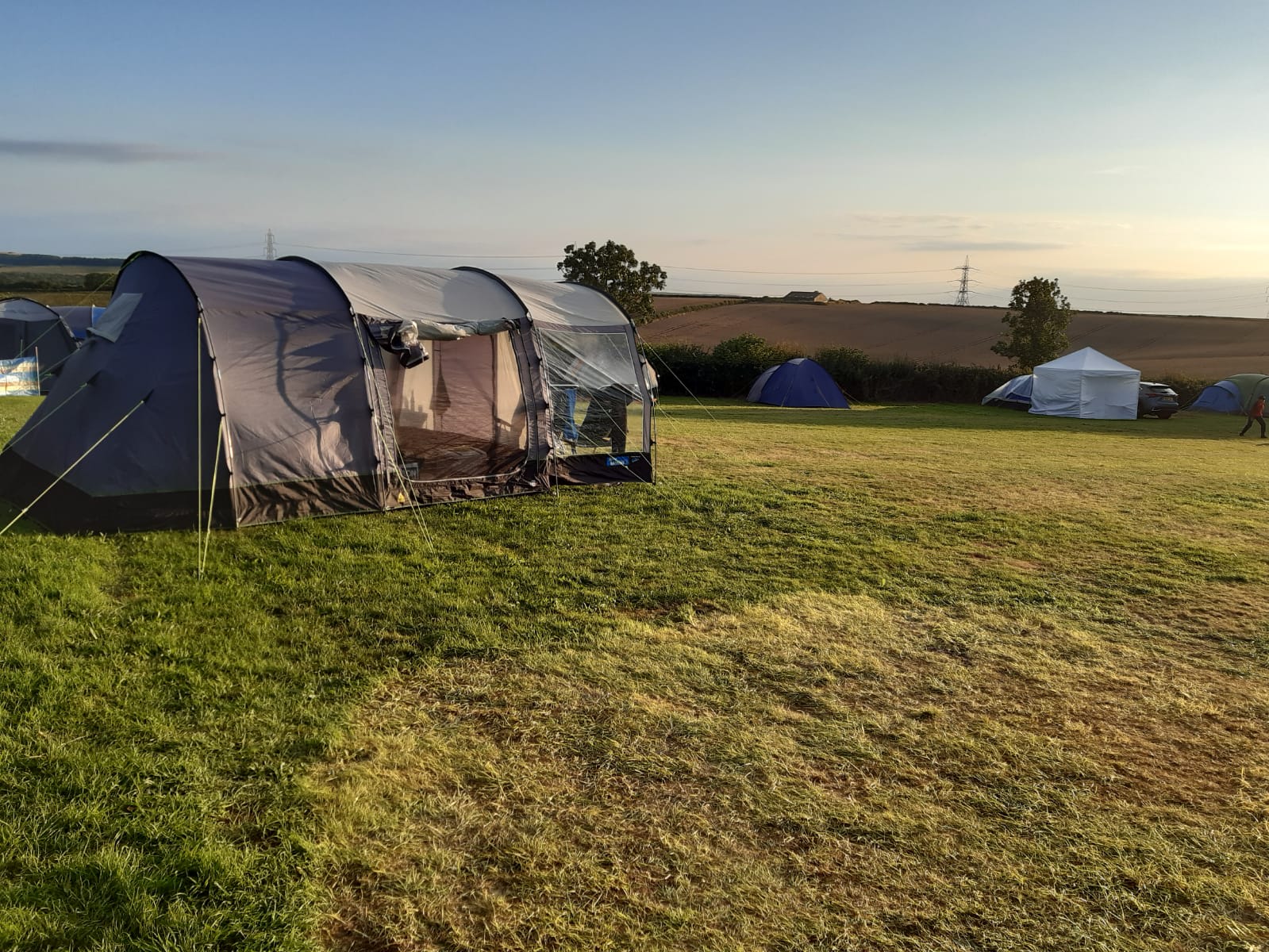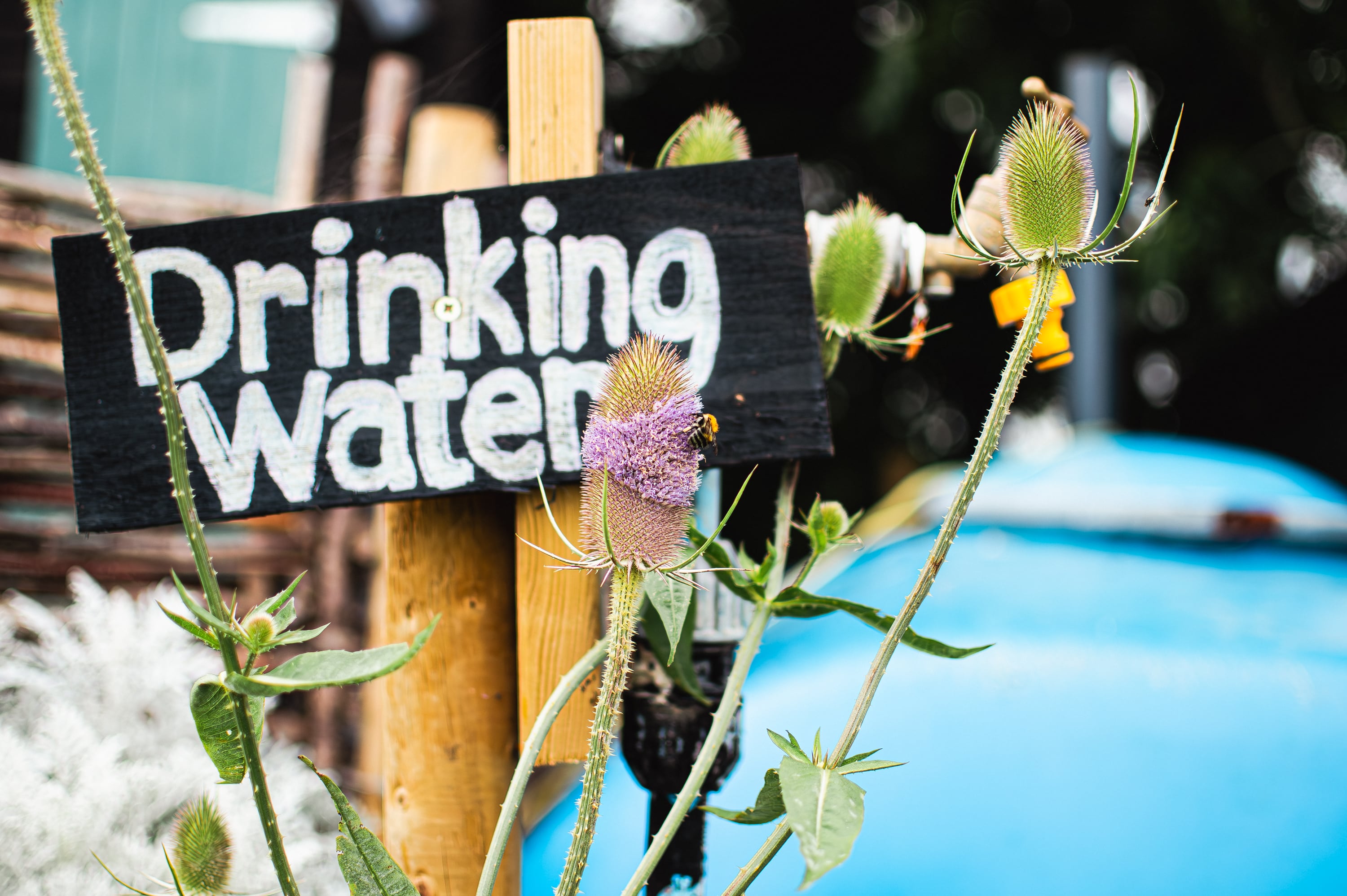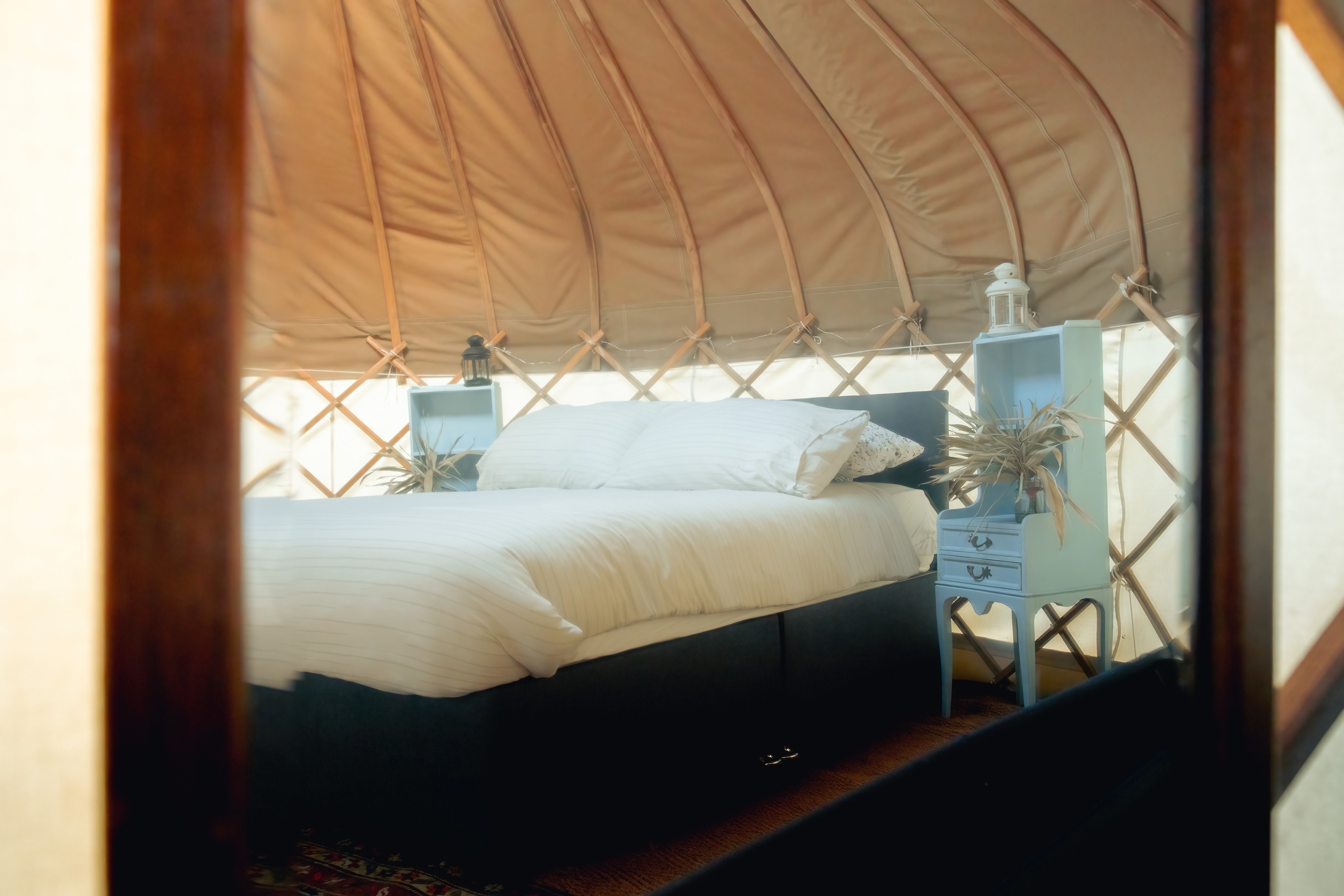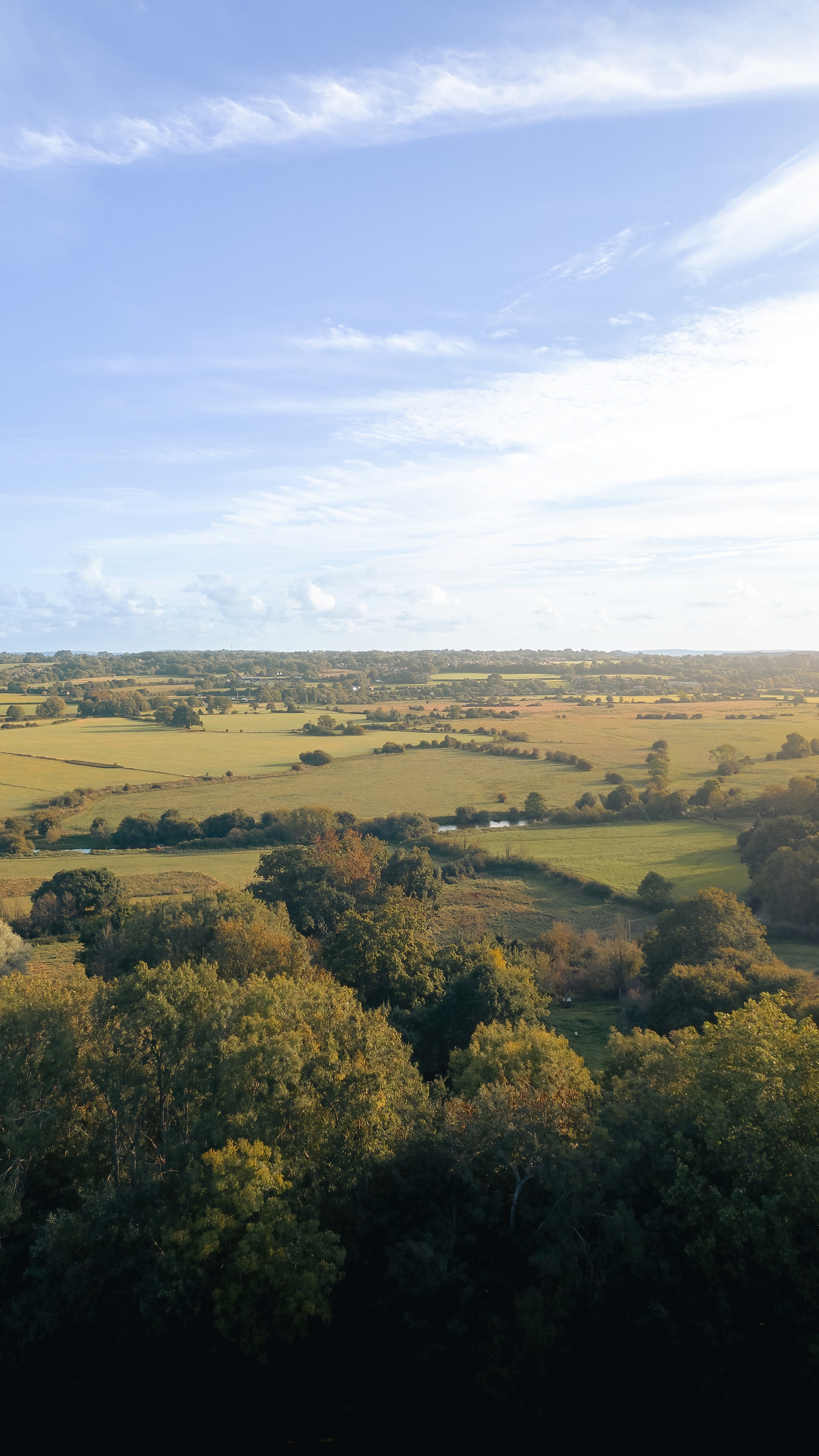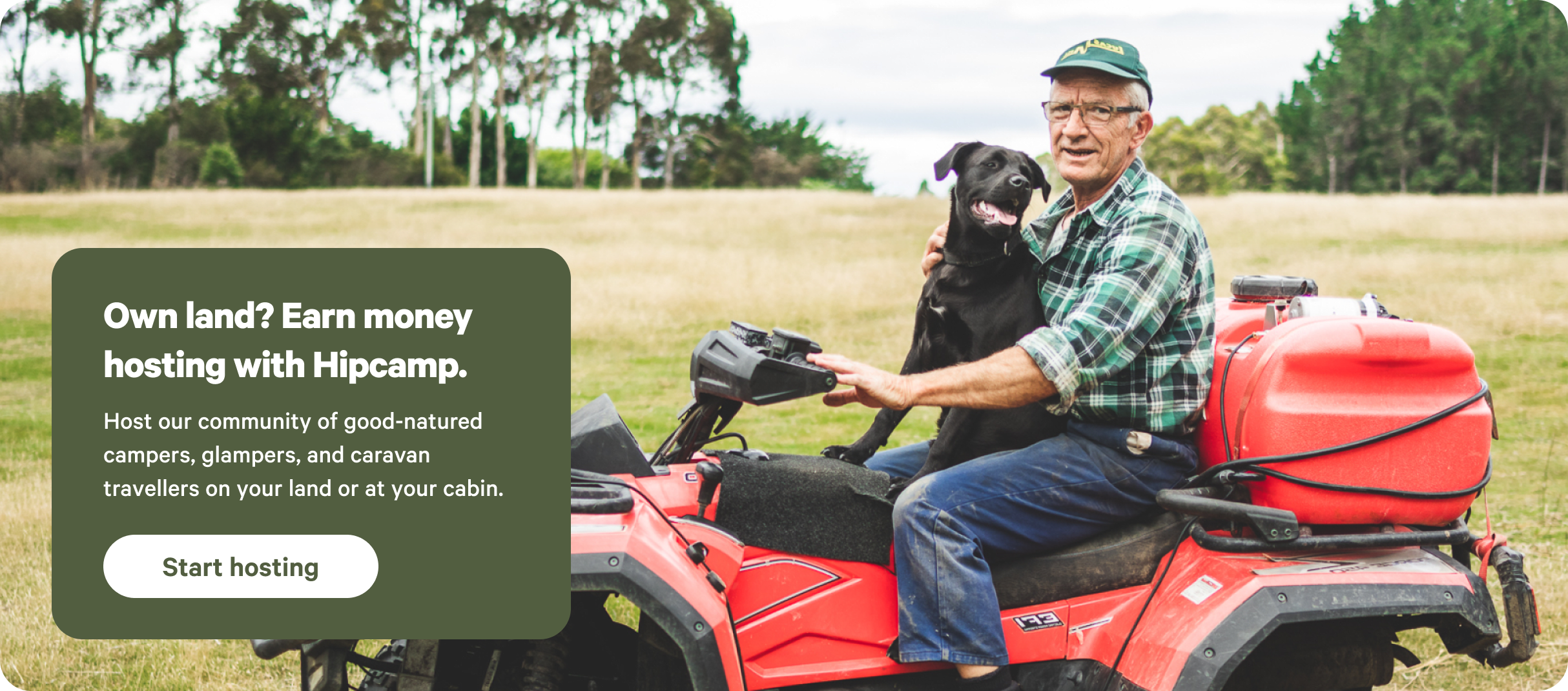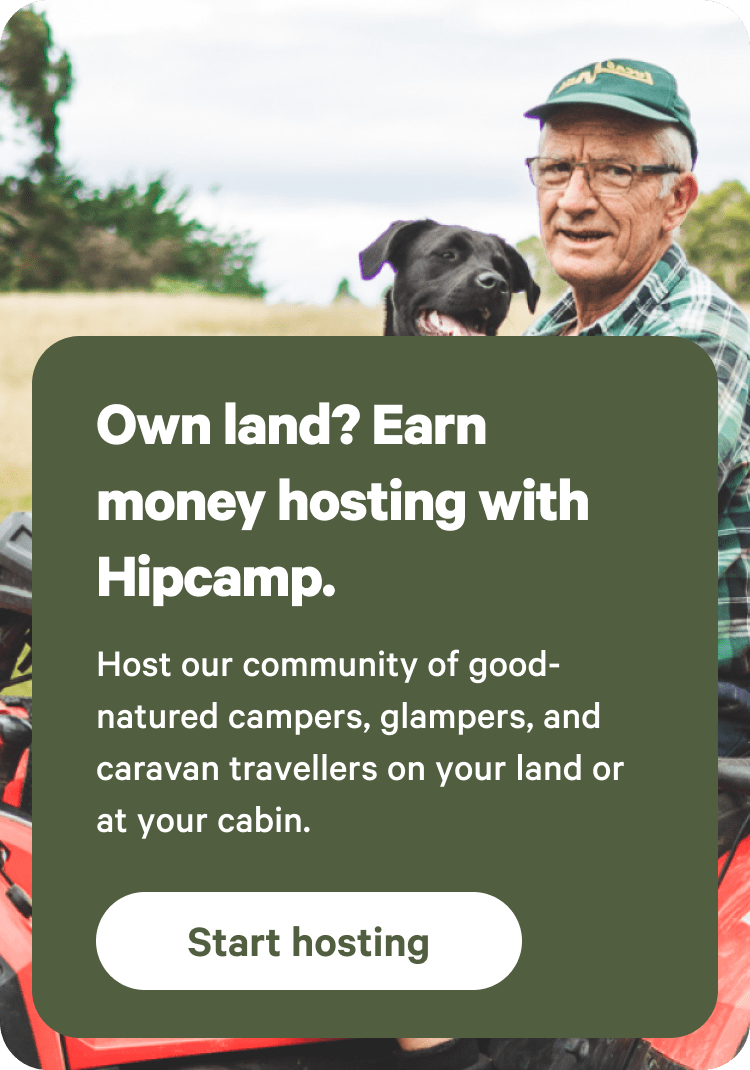93% (1.8K) • 1,126 campsites
Top-rated campgrounds near New Forest National Park
93% (1.8K) • 1,126 campsites
Top-rated campgrounds near New Forest National Park
Recent reviews from the Hipcamp community
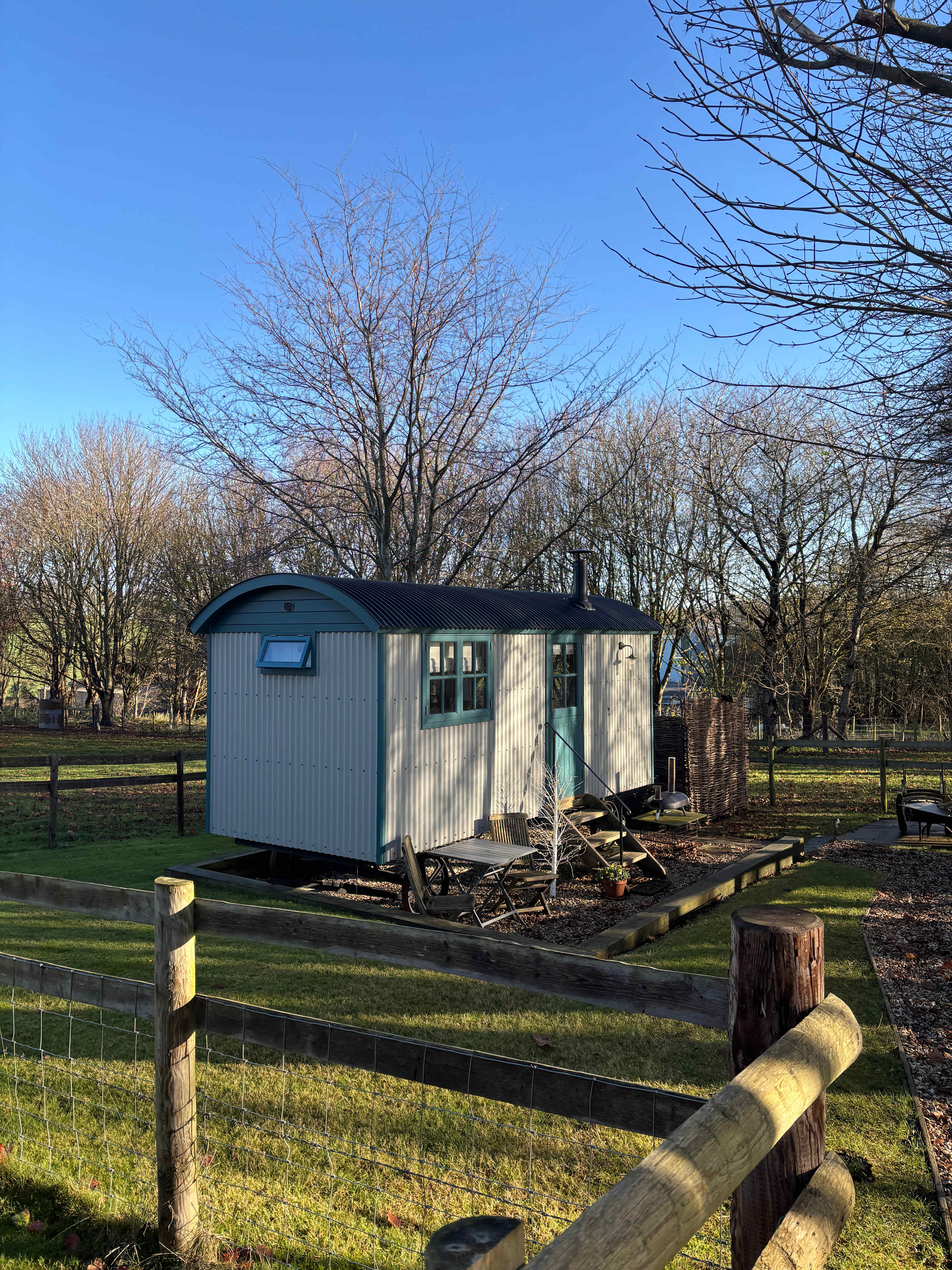
C
Catherine
November 2025
Weekend Trip to Little Fleece at Folly Farm
This is the ultimate weekend getaway. Jane and the family are fabulous hosts. Everything was so incredibly clean, and there was so many personal touches from fresh bread to handmade soaps. The view of the property from the cabin was truly spectacular.
Would definitely stay again ☺️✨
See more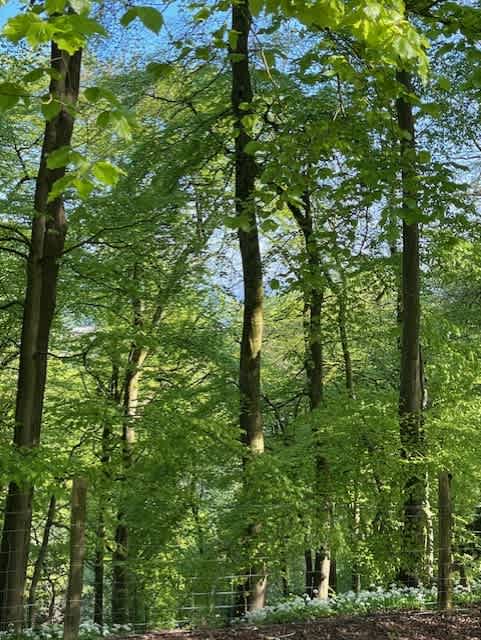
O
Oscar
October 2025
Tent
Group trip
Charlotte’s land was a brilliant spot perfectly located with a beautiful view. Had everything we needed for our one night stay and we had a great time thanks to it.
See more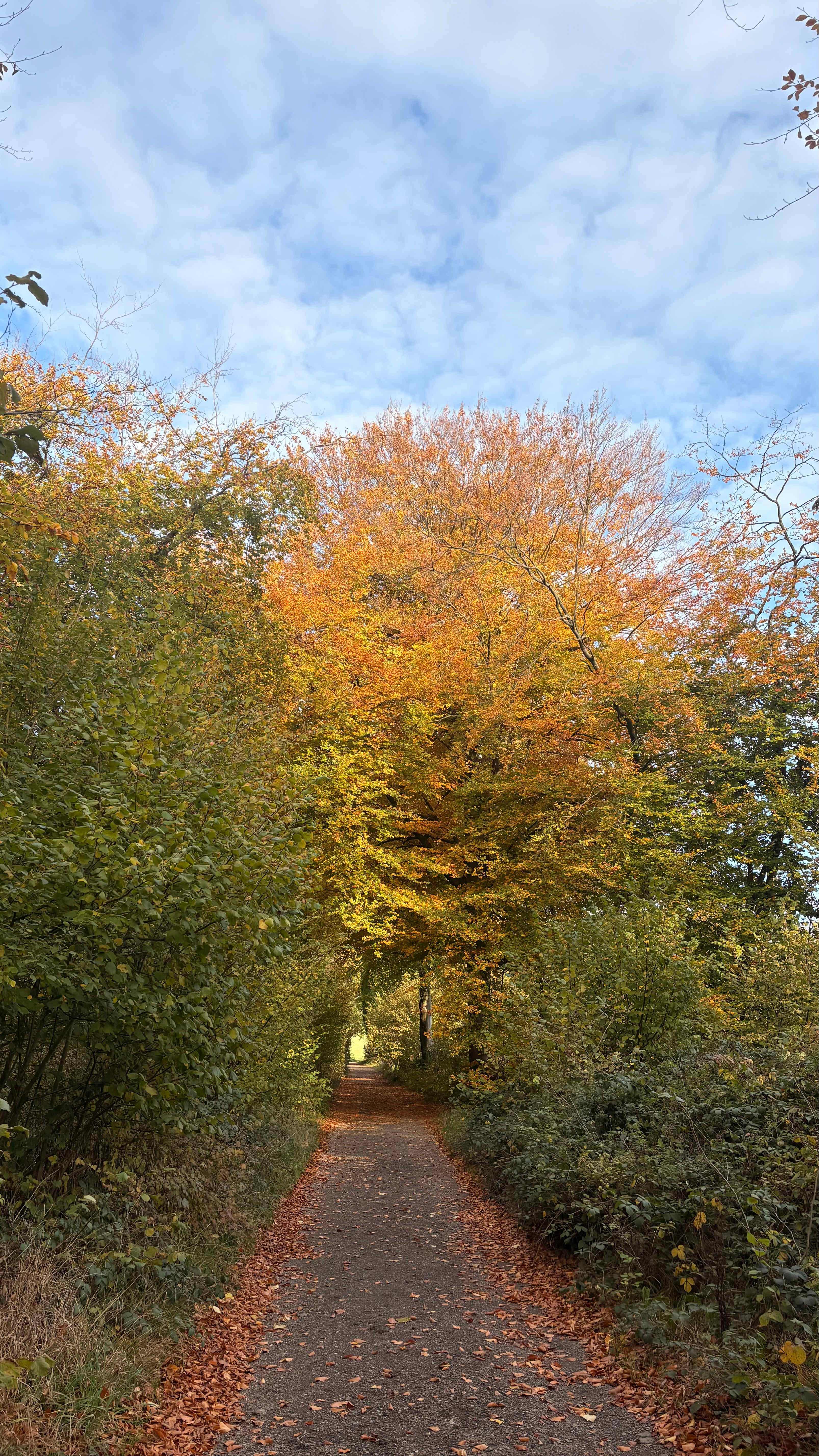
K
Katie
October 2025
Tent
I honestly couldn’t recommend this place enough it’s so gorgeous and secluded. The pitch areas are very well spaced out. Jay is also extremely lovely and helpful! The amenities are well maintained and easy to find all over the area. I will absolutely be returning again.
See more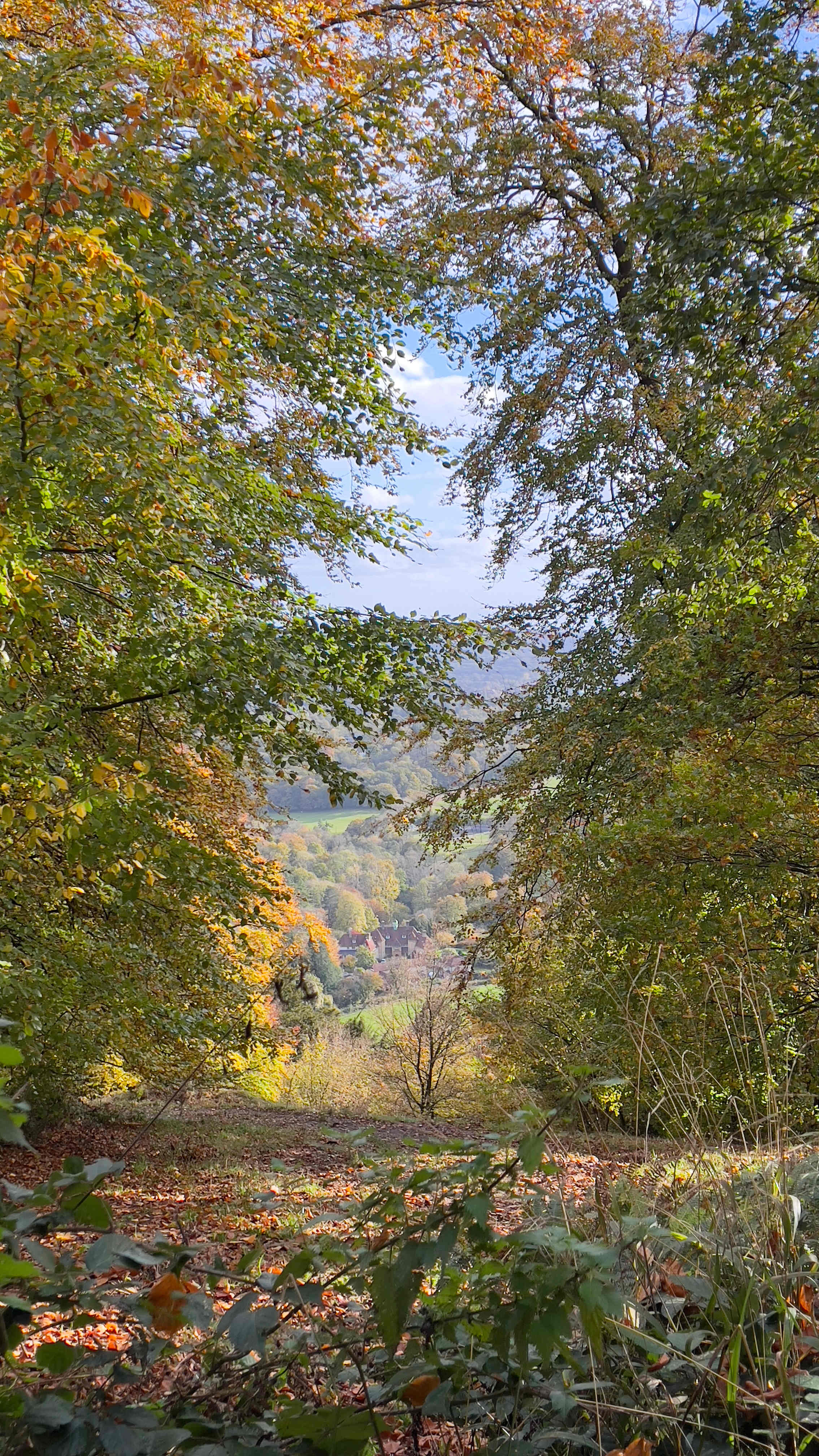
I
Ian
October 2025
Tent
With pets
What an incredible find!
Lovely views, lovely people nearby and the host was so friendly and welcoming.
We will absolutely be back!
See more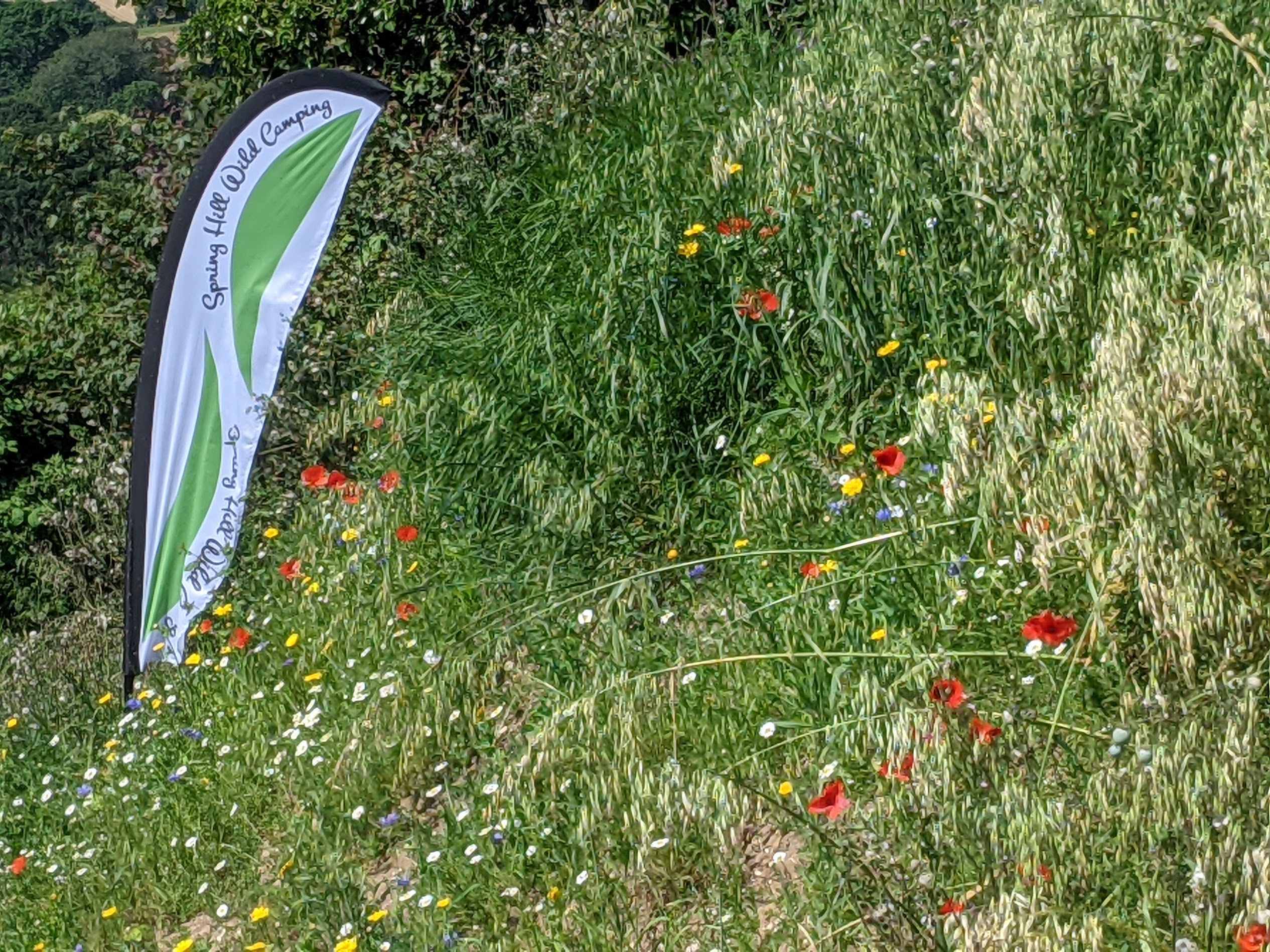
H
Harry
October 2025
Tent
A great camp and we would definitely stay here again!
See more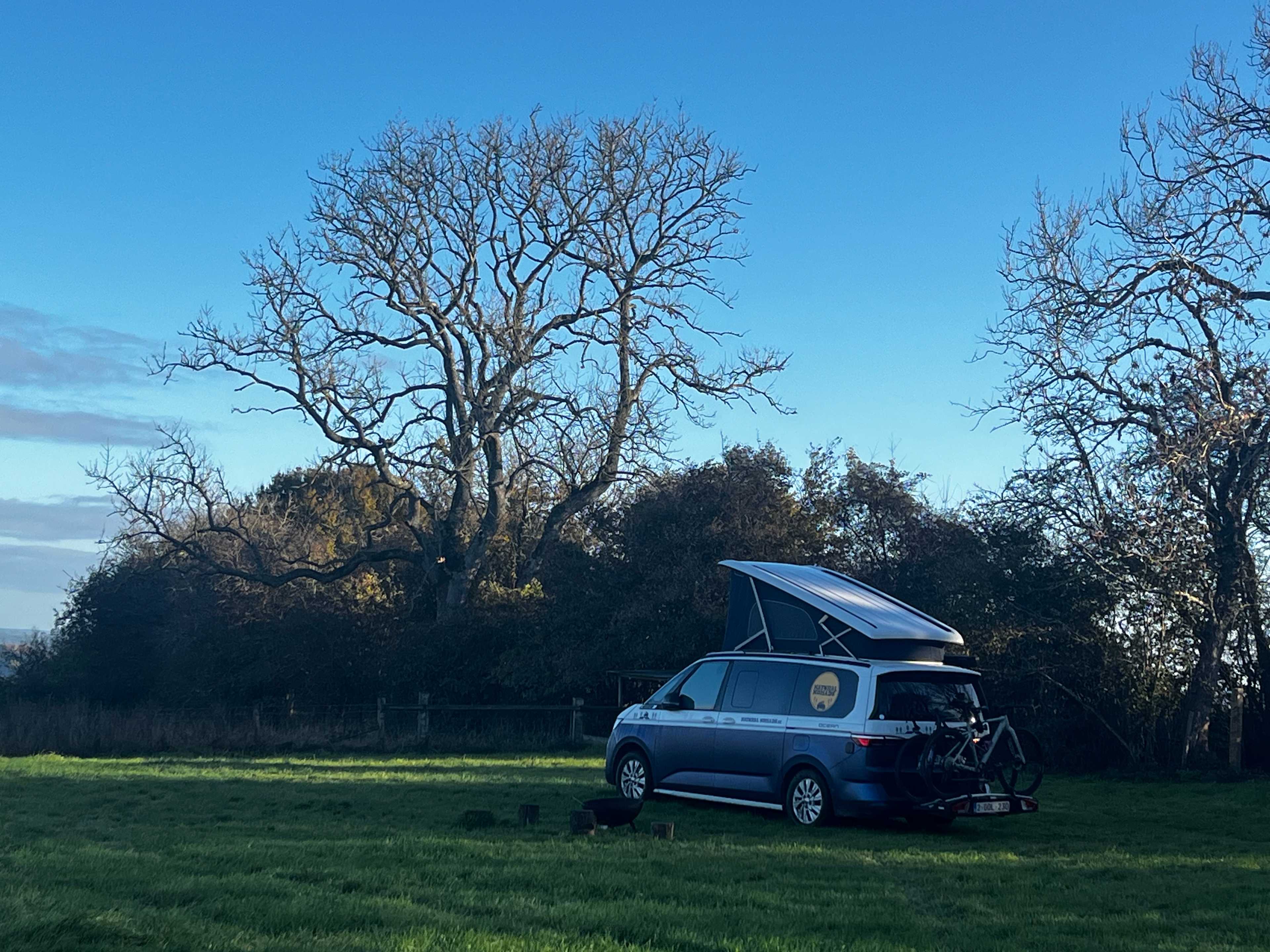
G
Geert
October 2025
Tent
A truly beautiful place to stay – so charming and full of character. And then there’s Charlotte, the hostess: such a warm and welcoming person, with a genuine passion that shines through in her wonderful camper spot. The surrounding region is perfect for both walking and gravel riding. For food and drinks, head to the pub just around the corner (“The Pub with No Name” aka The White Horse). It’s incredibly authentic and serves excellent cuisine.
See more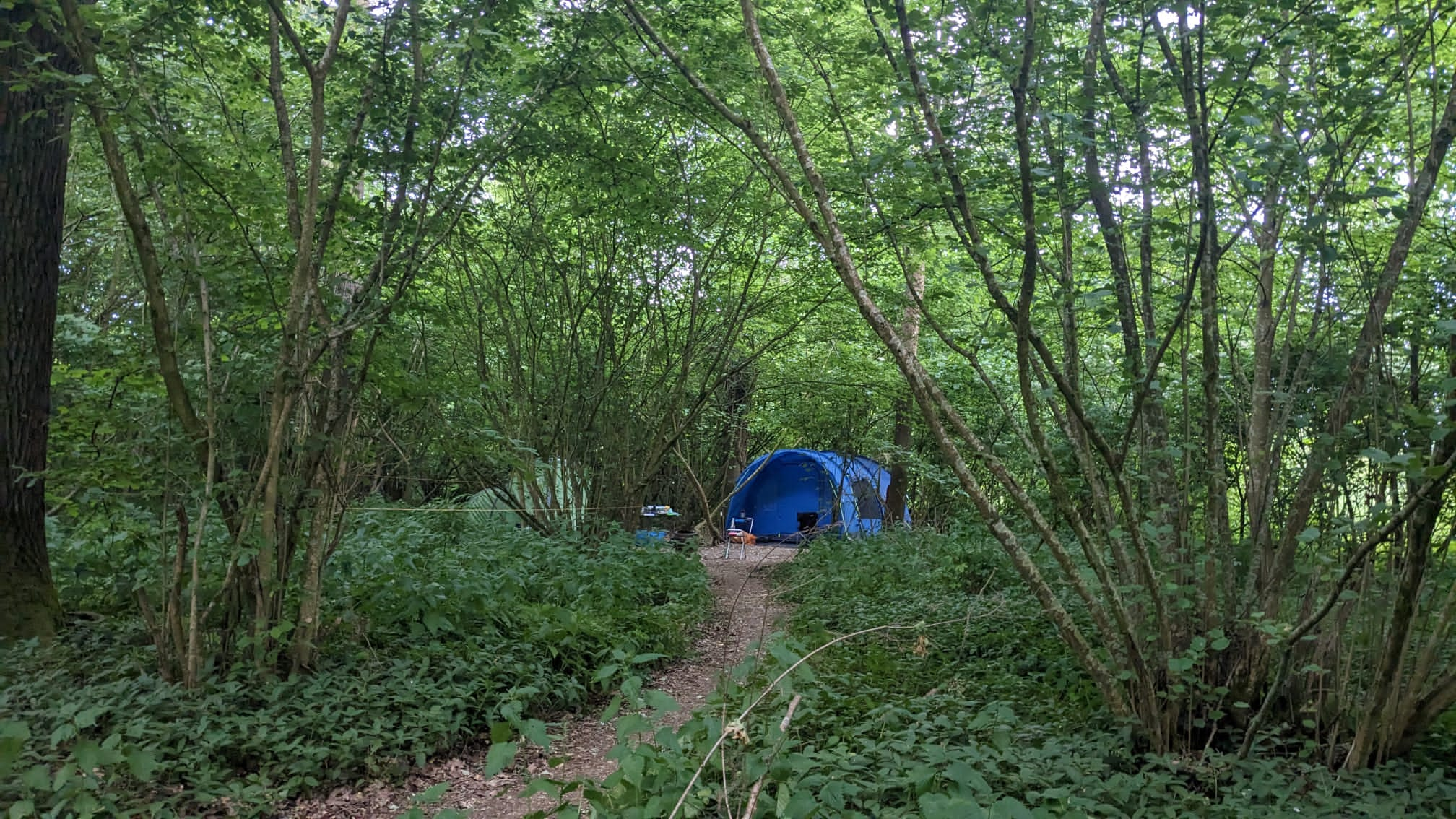
C
Caro
October 2025
Tent
Site was great, bare minimum and eco-friendly which we loved. Unfortunately weather got the best of us and we left a day early since it was only our first time camping.
Saw lots of Pheasants and heard them running outside our tent in the morning which was wonderful, host was great and incredibly helpful too.
See more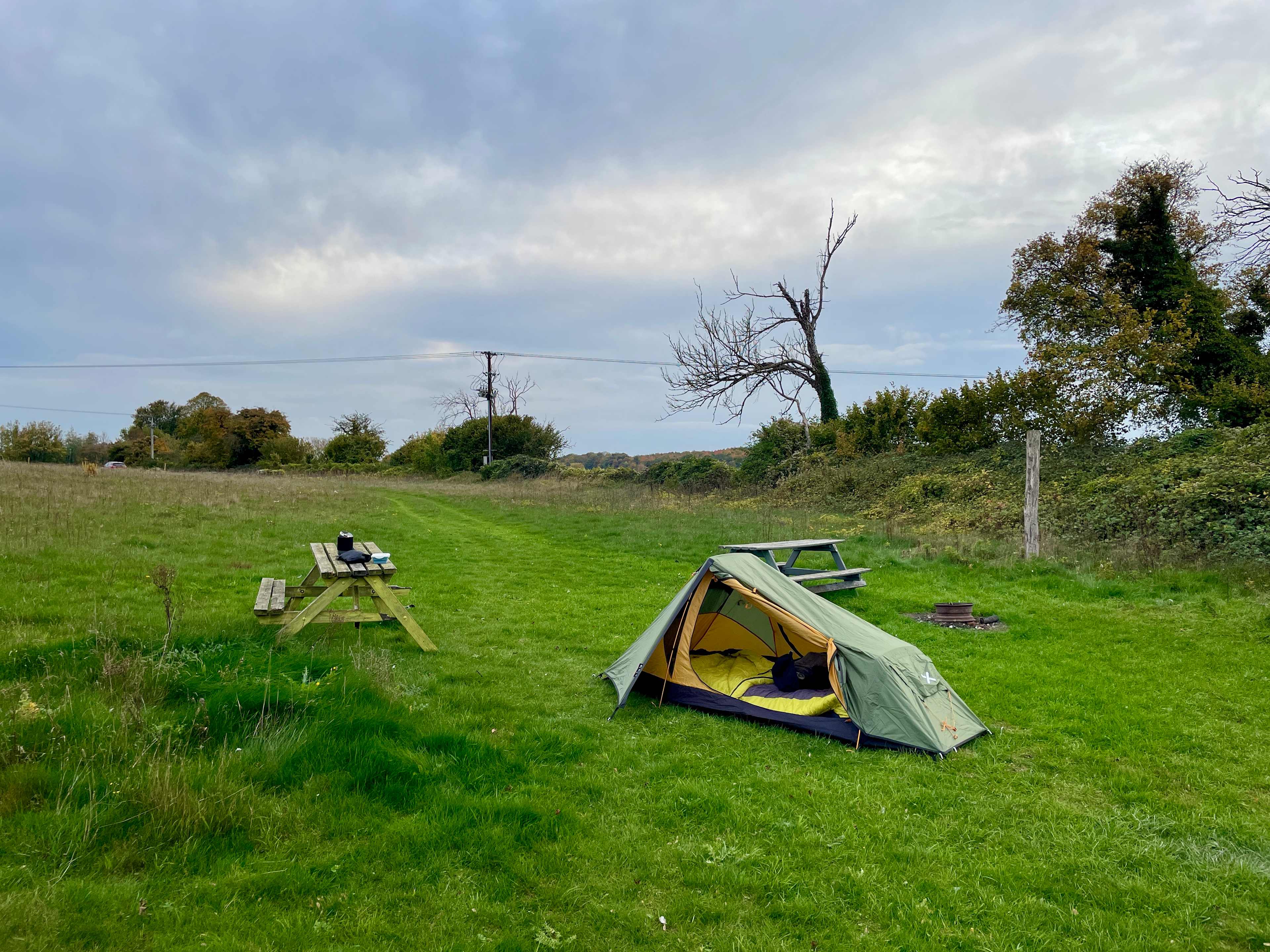
A
Andrew
October 2025
Tent
Excellent spot. Big field with individual plots, most had benches. Excellent pub a short walk down the hill.
See more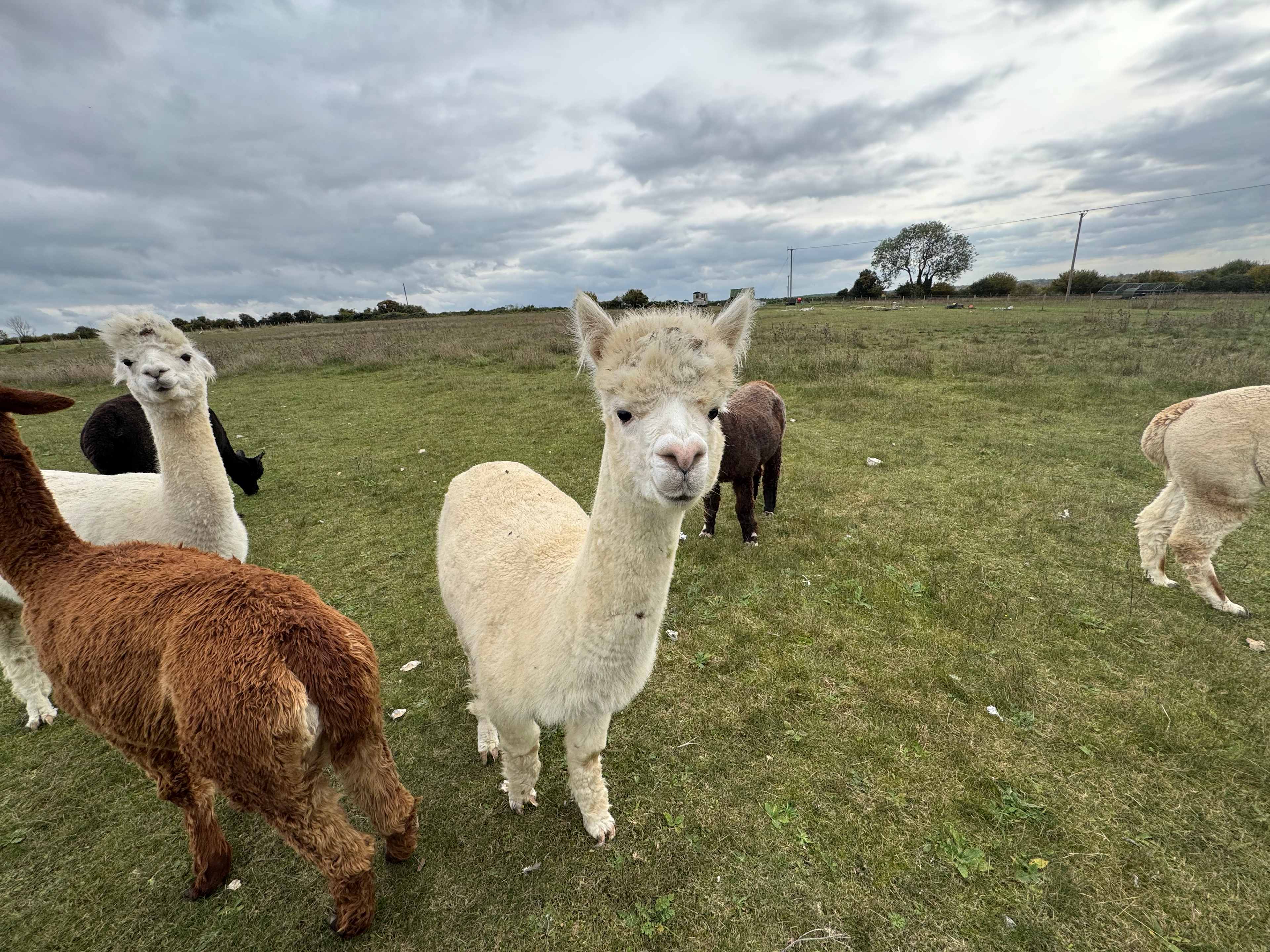
T
Ty
October 2025
Tent
Great views, simple back to basic's camping. Friendly host, would highly recommend
See more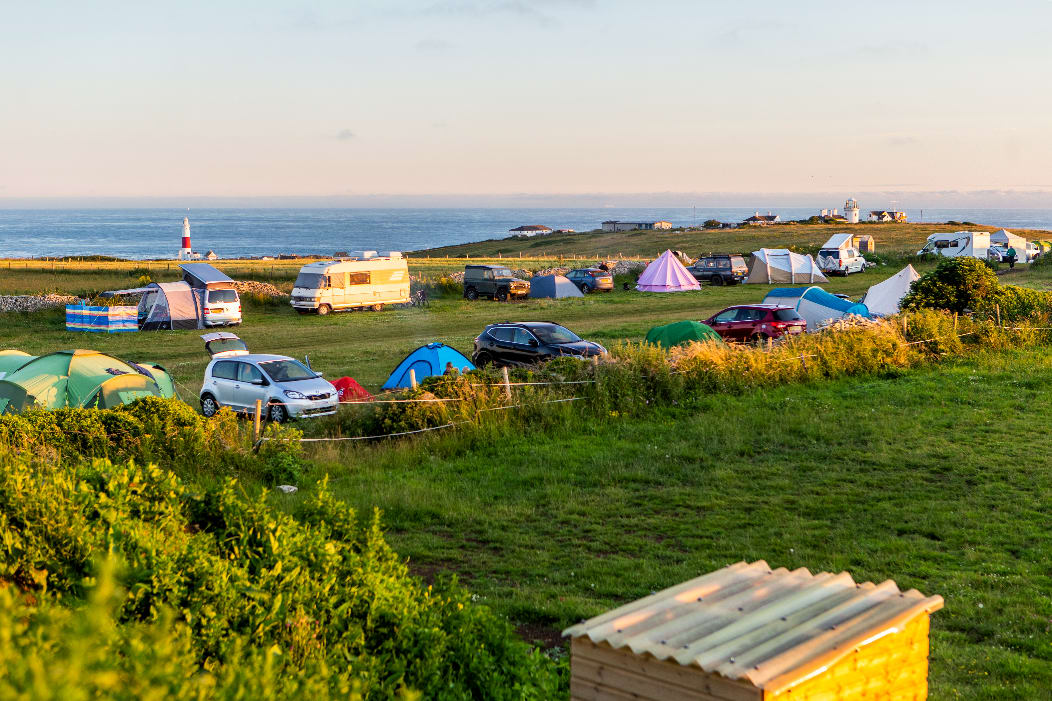
A
April
October 2025
Tent
Lovely short walk to the lighthouses and great flat ground for camping. The team were super friendly and helpful when are car battery died!
See more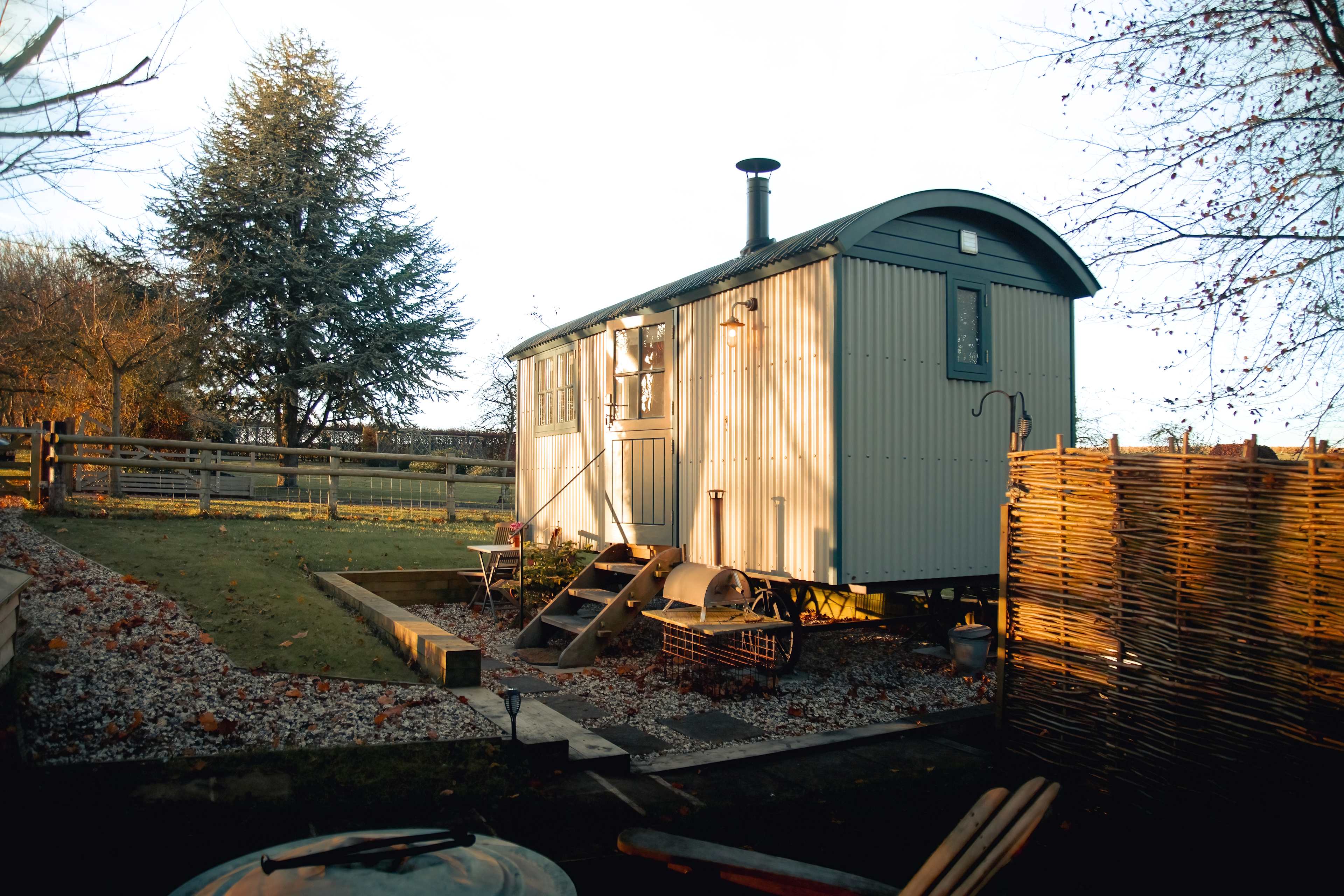
R
Rachel
October 2025
2 nights at Little Fleece at Folly Farm
We had the most wonderful stay at this little countryside getaway! From the moment we arrived, Jane was absolutely incredible - so kind, welcoming, and full of helpful information about the lodge and surrounding area. She’d thought of everything, leaving clear instructions for how everything worked, which made our stay effortless and relaxing.
The thoughtful touches really made it special - from the freshly baked bread to the delicious shortbread cookies, everything felt homely and made with love. The setting itself was pure peace and quiet, surrounded by nothing but cows, trees, and the soft sounds of nature. It was the perfect place to switch off, breathe deeply, and just enjoy the calm of the countryside.
We honestly didn’t want to leave - a hidden gem that we’d return to in a heartbeat!
See more
A
Angela
October 2025
4 m Class B
With pets
I have always loved Sweet Hill Farm. It’s a lovely relaxed campsite with sea views and amazing walks nearby. Also, being able to have a camp fire is fantastic. The showers are brilliant too.
The only disappointment for me this year is that the compost loos have been replaced with horrible portaloos! Please bring back compost loos, they are so much nicer!
See more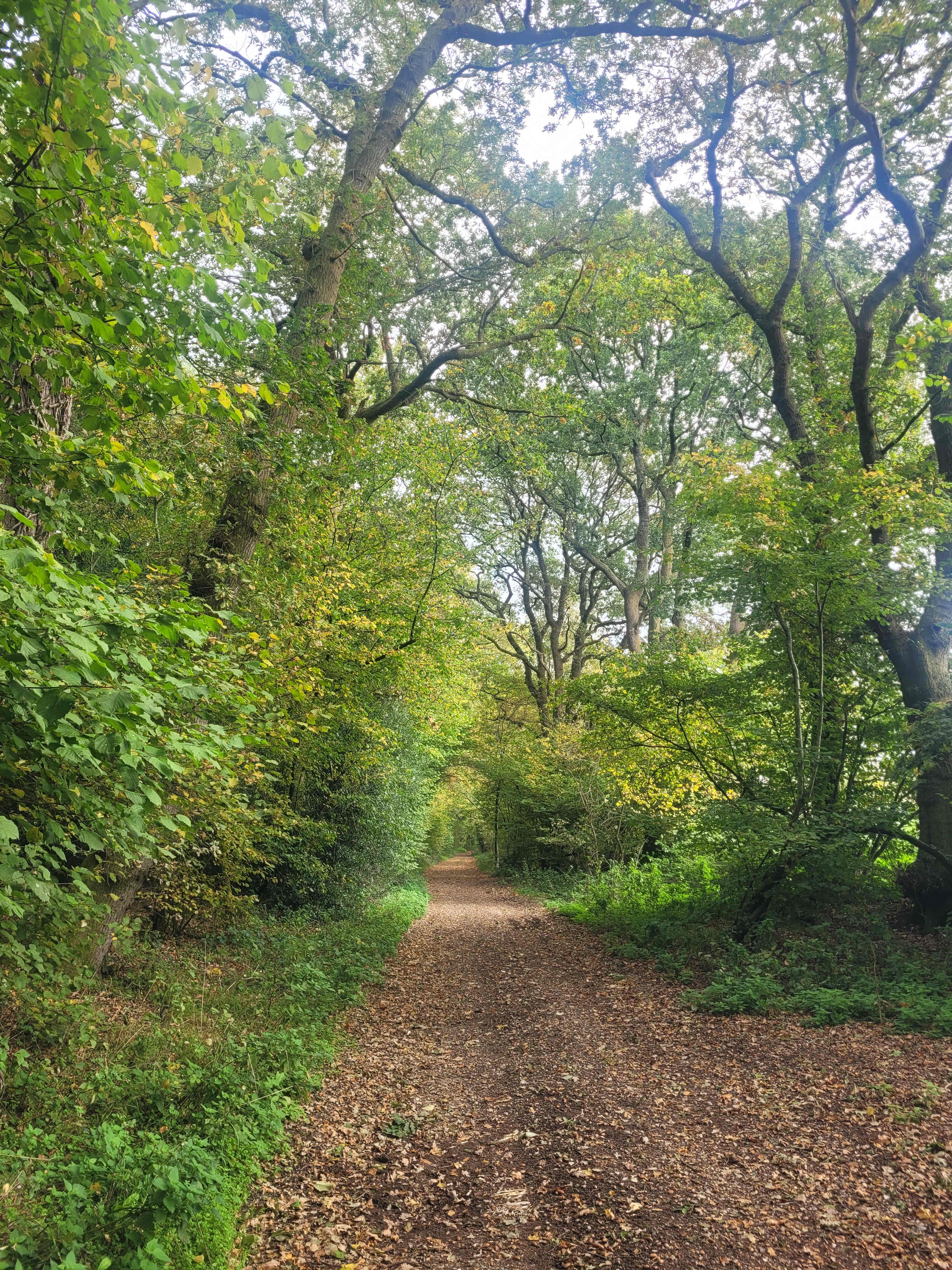
V
Victoria
October 2025
5 m Class B
What an amazing spot in nature! This was an incredible getaway, such a quiet and natural space with birds, surrounded by trees and the very nearby woodlands which are covered in mushrooms, more than we could count! It was so peaceful, we loved the natural space and eco-friendly touches. We definitely want to return again! It was magical!
See more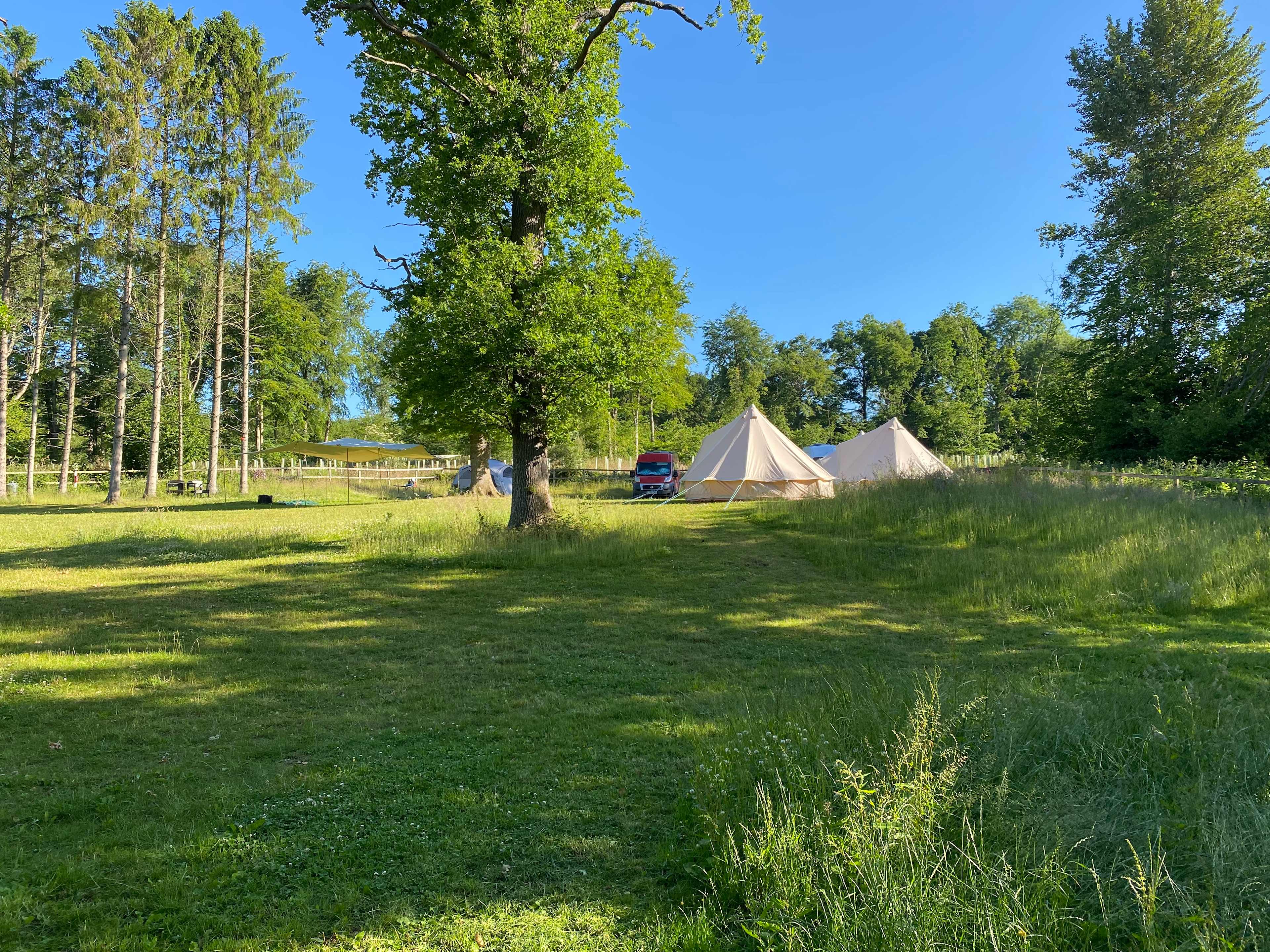
A
Abi
October 2025
5 m car
Really great site. Managed really well. Amazing spot in the woods and plenty of space between yourself and other campers.
Firepits are provided and you can buy wood for fires if you need.
There are some great walks nearby and plenty of stargazing!
Would really recommend this site. Had a really wonderful weekend here.
(There is a closing time of 7pm which is to be aware of and not being able to enter after that point so just something to be aware if traffic or travelling far after work.)
The toilets, eco and flushing, were really good. Didn't use the showers so cant say!
See more
E
Eren
October 2025
Weekend Trip to Little Fleece at Folly Farm
My girlfriend and I had a lovely stay at Little Fleece to celebrate her birthday. The hot tub was lovely and we made some great pizzas using the pizza oven. Jane and Dave were brilliant hosts - it was lovey to meet you both! The homemade bread and biscuits were a lovely touch. Thank you!
See more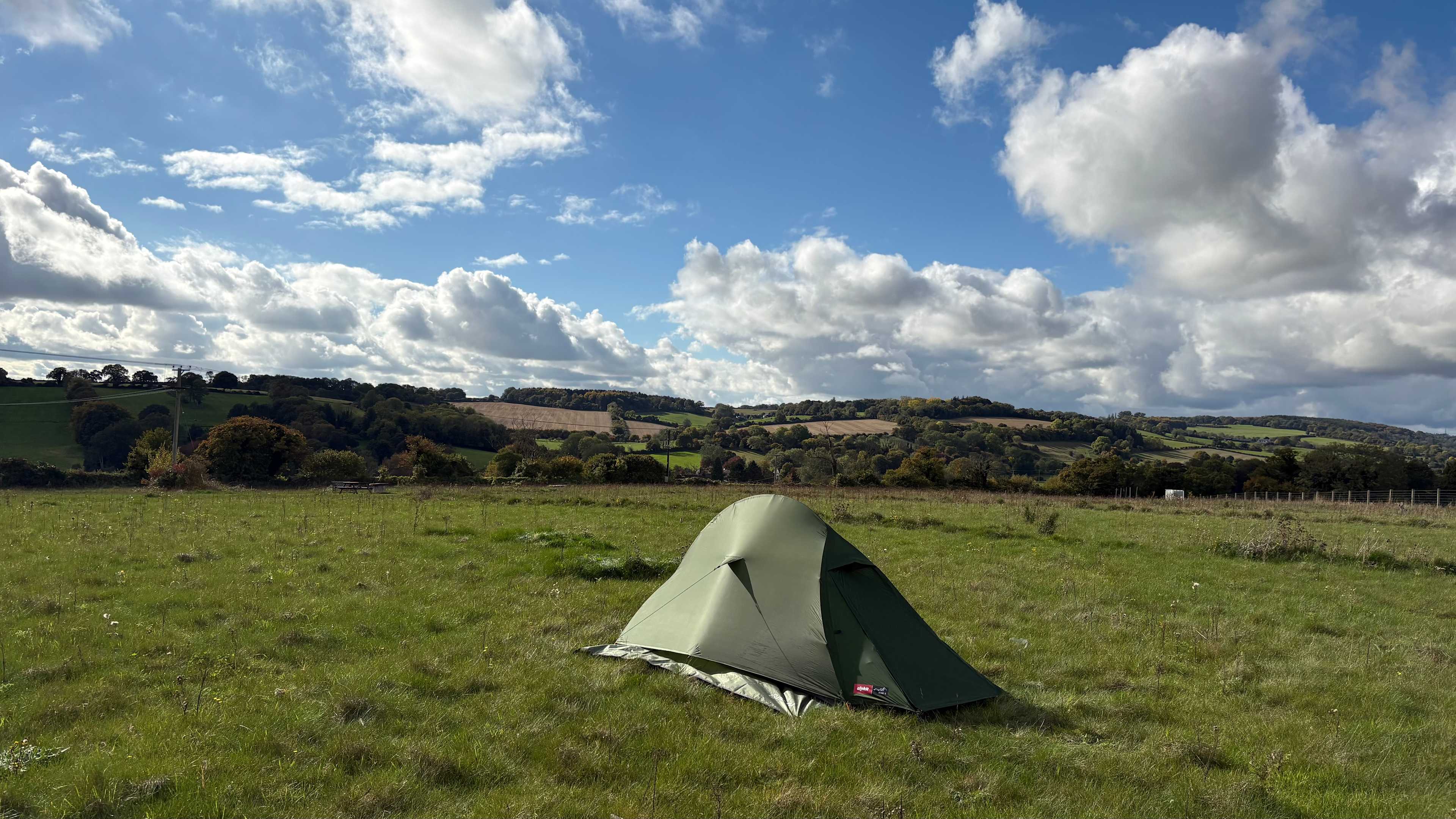
K
Katie
October 2025
Tent
The space is really beautiful and the views are great. It has very basic amenities but it’s the kind of place I like. Being next door to the animals was also a great and entertaining bonus. It’s a short walk to the local village entirely down forest paths if you wish, with a fantastic pub.
It’s a particularly nice place to stay out of season when the autumn colours settle in.
See more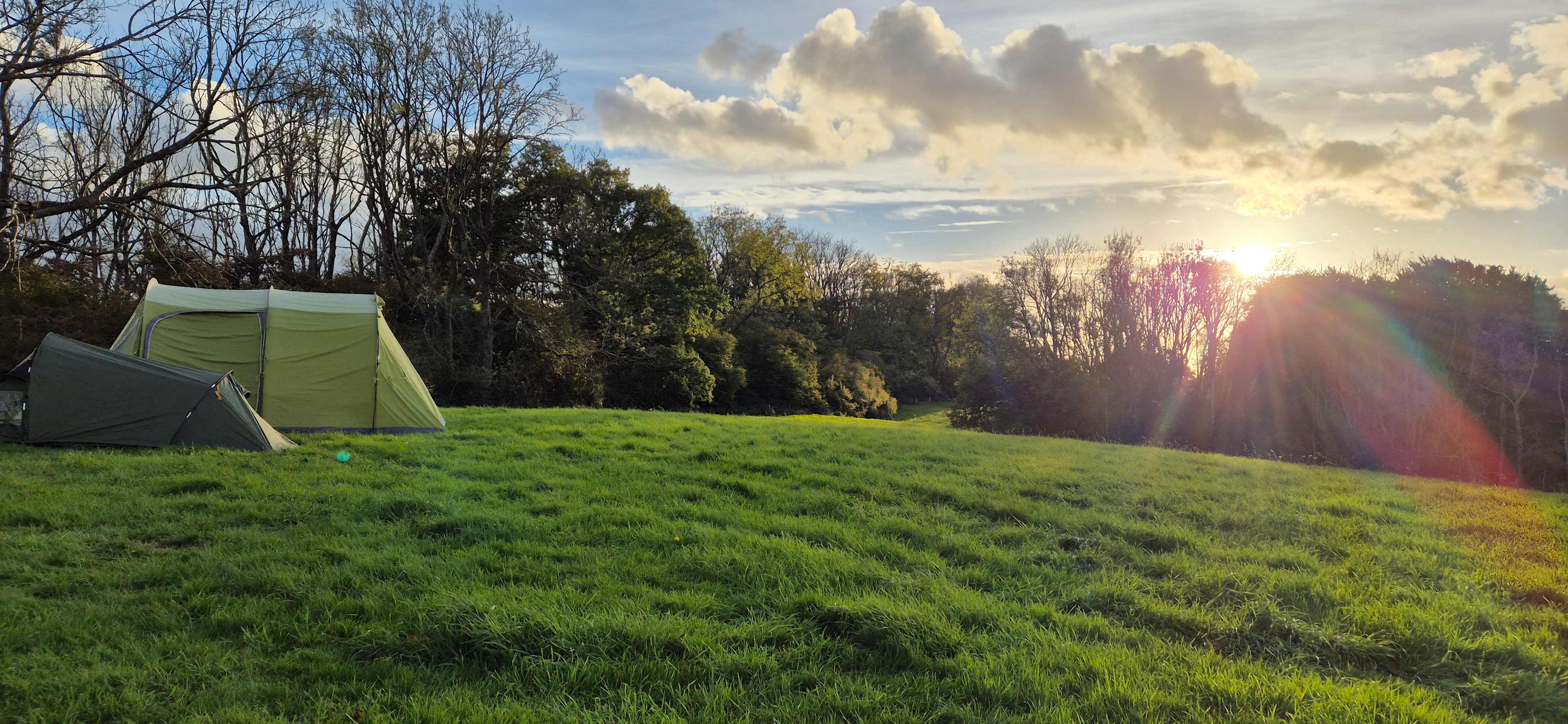
R
Ross
October 2025
Tent
Lovely site for nearly wild camping, had the place all to ourselves, and the view was incredible. Charlotte was a lovely and helpful host, would definitely recommend.
If it helps anyone find the site in future, the what3words is ///deeper.perfumes.hiked
See more
K
Katie
October 2025
Tent
With pets
We very much enjoyed the peace and quiet of the location. Rustic and basic, very much as advertised.
See more
M
Mark
September 2025
Tent
This was my first time camping here and I will definitely return again.
Whilst SatNav got me most of the way, the directions on Hipcamp made the last little bit of the journey much easier.
I was welcomed warmly at the well-stocked little cafe, and given a map to show my how to get to the field I pitched in. The tracks on-site are full of large potholes - so definitely something to be mindful of, especially if you have extremely low-suspension on your car! However, take it slow and easy and all is well here.
I had the most amazing view, from where I pitched up, over to Portland Bill lighthouse. Both sunset and sunrise were stunning.
Facilities here are extremely basic - but it’s enough for those that simply need to get away from life for a while and sleep under the stars without all the creature comforts of home. Of course, there is a place for being able to have all the mod-cons available, but this is camping the way it should be done!
I wasn’t here long enough to speak to any of the other campers, but everyone seemed relaxed and there was no loud music or anything played into the night, meaning I could drift to sleep easily enough at the end of the day.
Thank you all.
See more
T
Tim
September 2025
1 night at Little Fleece at Folly Farm
What a beautiful spot. Lovely little cabin. Everything worked as expected. Hot tub was AMAZING! Pizza oven worked a treat. Loads of wood supplied.
Jane and Dave were so kind and accommodating. Just wish we had more time there!
See more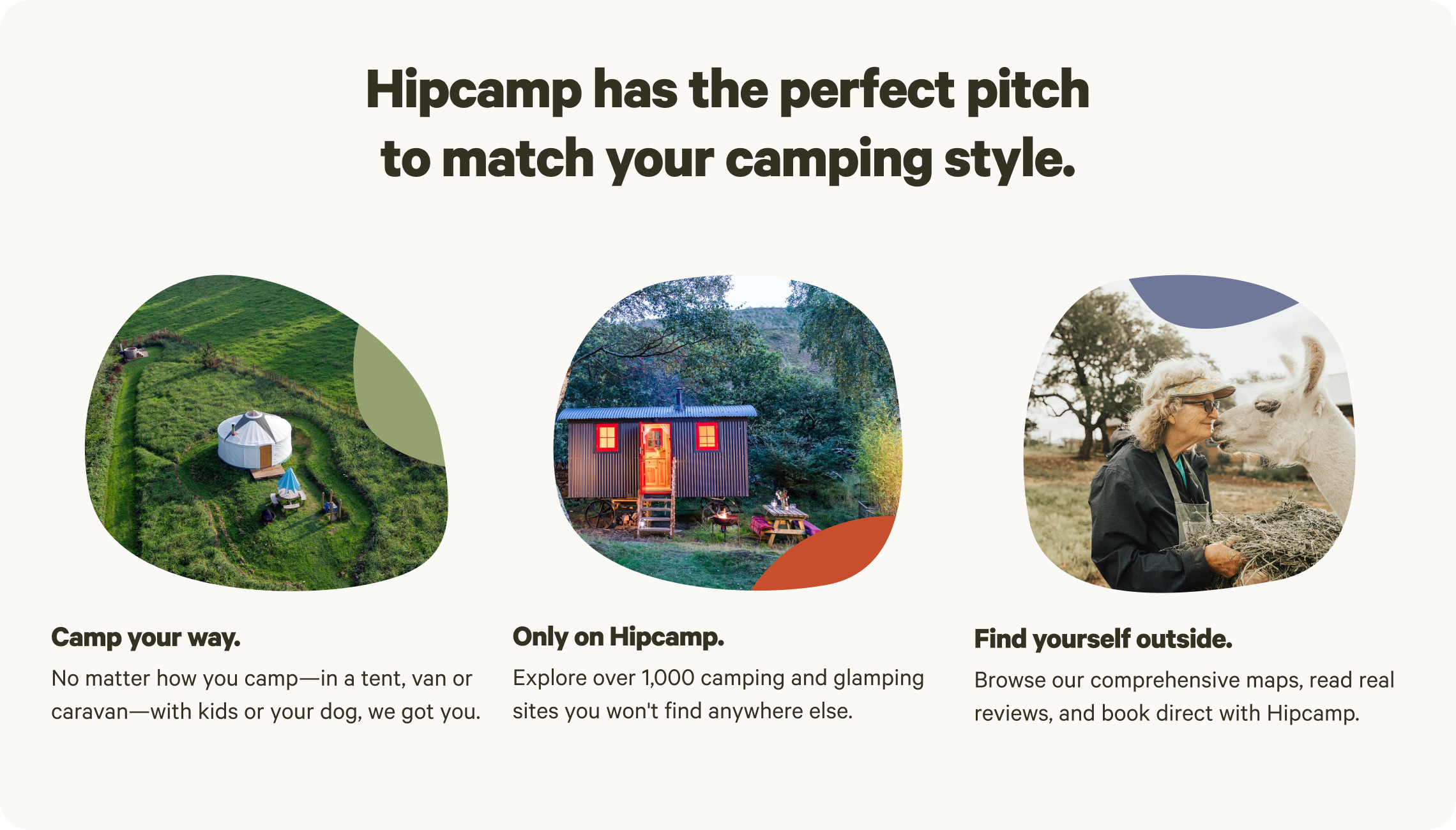

Camping in New Forest National Park guide
Tips for snagging a campsite
- New Forest campsites and caravan sites can book up quickly, especially in July and August and during school holidays. Early bookings are essential if you want to visit these times—popular holiday parks and glamping sites can book up six months in advance.
- If you do arrive without a reservation, it’s a good idea to secure a campsite first thing in the morning, as available spots will be available on a first-come, first-served basis.
- You will need to pay a deposit to secure your campsite reservation, and some sites ask for the full payment upfront.
- Be sure to check seasonal opening and closing dates, which vary by campsite. Many campsites open from March or April to September or October, while others stay open year-round.
When to go
Bluebells in spring, cool shade in summer, crunchy leaves in autumn, and a wonderland in winter, the New Forest manages to be a genuine year-round destination with abundant natural beauty whenever you choose to visit. Summer is peak season, and the park’s beaches and walking trails can get crowded in July and August. Arrive early at popular attractions to avoid the queues and book activities in advance to avoid disappointment. The forest landscapes change throughout the seasons, and many campers choose to return at different times of the year. Come in spring to admire the bluebells and other wildflowers, in autumn when the woodlands are ablaze with fall foliage, or wrap up warm for frosty winter walks.
Know before you go
- New Forest National Park is in Hampshire, along England’s south coast, about a 15-minute drive from Southampton or Bournemouth, or a roughly 2-hour drive from London.
- Trains from London Waterloo take 90 minutes, and there are eight train stations in the park: Ashurst, Beaulieu Road, Brockenhurst, Hinton Admiral, Lymington, New Milton, Sway, and Totton.
- There are more than 150 car parks in the New Forest, many of which are free. Parking is not permitted anywhere other than in the car parks. Regular buses connect all the villages and attractions in the park, and there’s a hop-on-hop-off New Forest Tour Bus in July and August.
- Wild camping and overnight parking are not permitted anywhere within the park. Fires and BBQs are also off-limits, except on private camping lands and caravan parks.
- Many small towns and villages dot the park, so you’re never far from a shop, pub, or information point.
- The New Forest has many accessible trails and attractions. All park buses and trains are accessible, and there are accessible restrooms in more than 20 car parks.
- The New Forest has free-roaming ponies, donkeys, and cattle. These animals have the right of way on forest roads, and there is a strict speed limit of 40 mph throughout. It is a fineable offence to feed any animals in the park.
